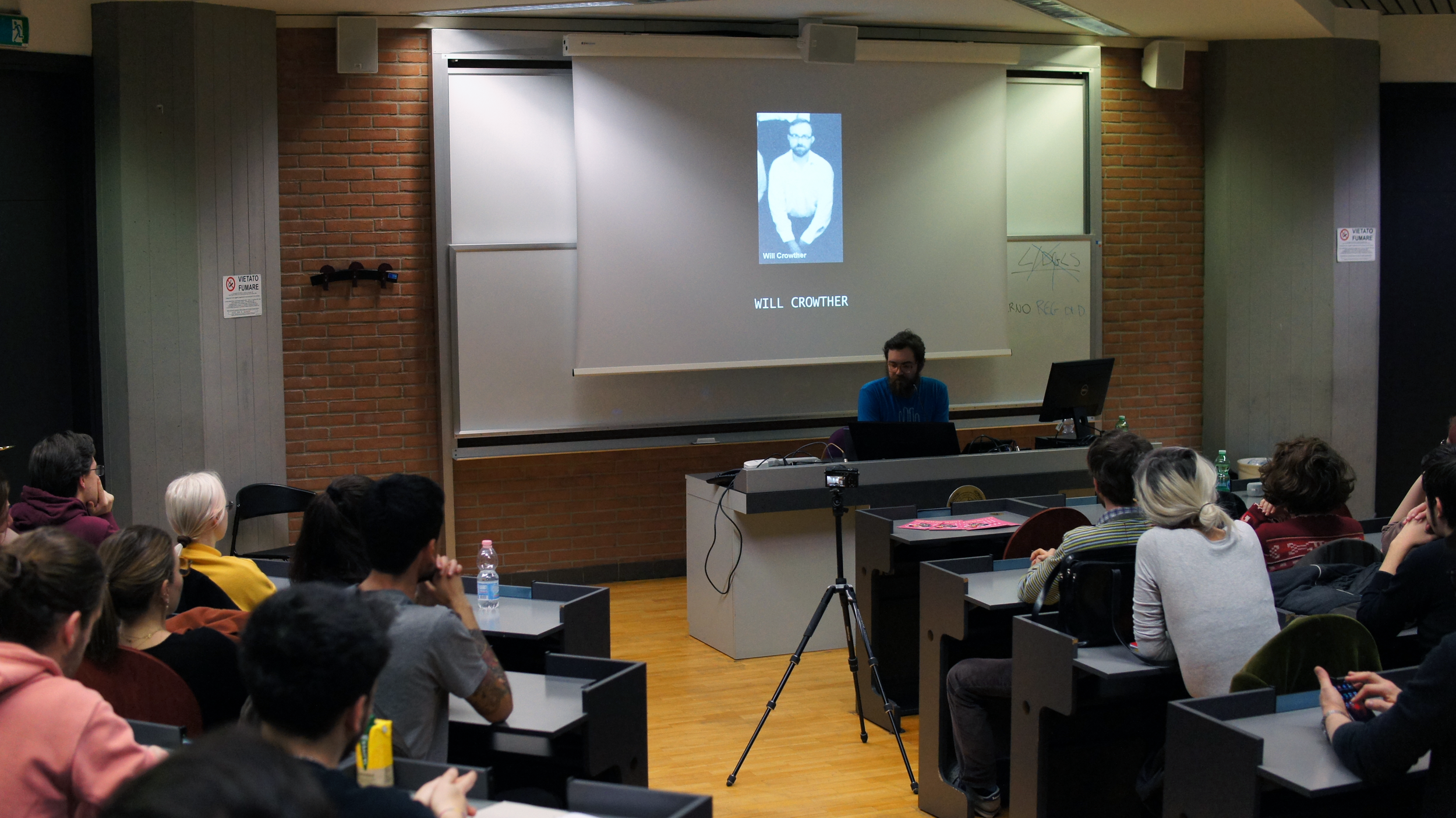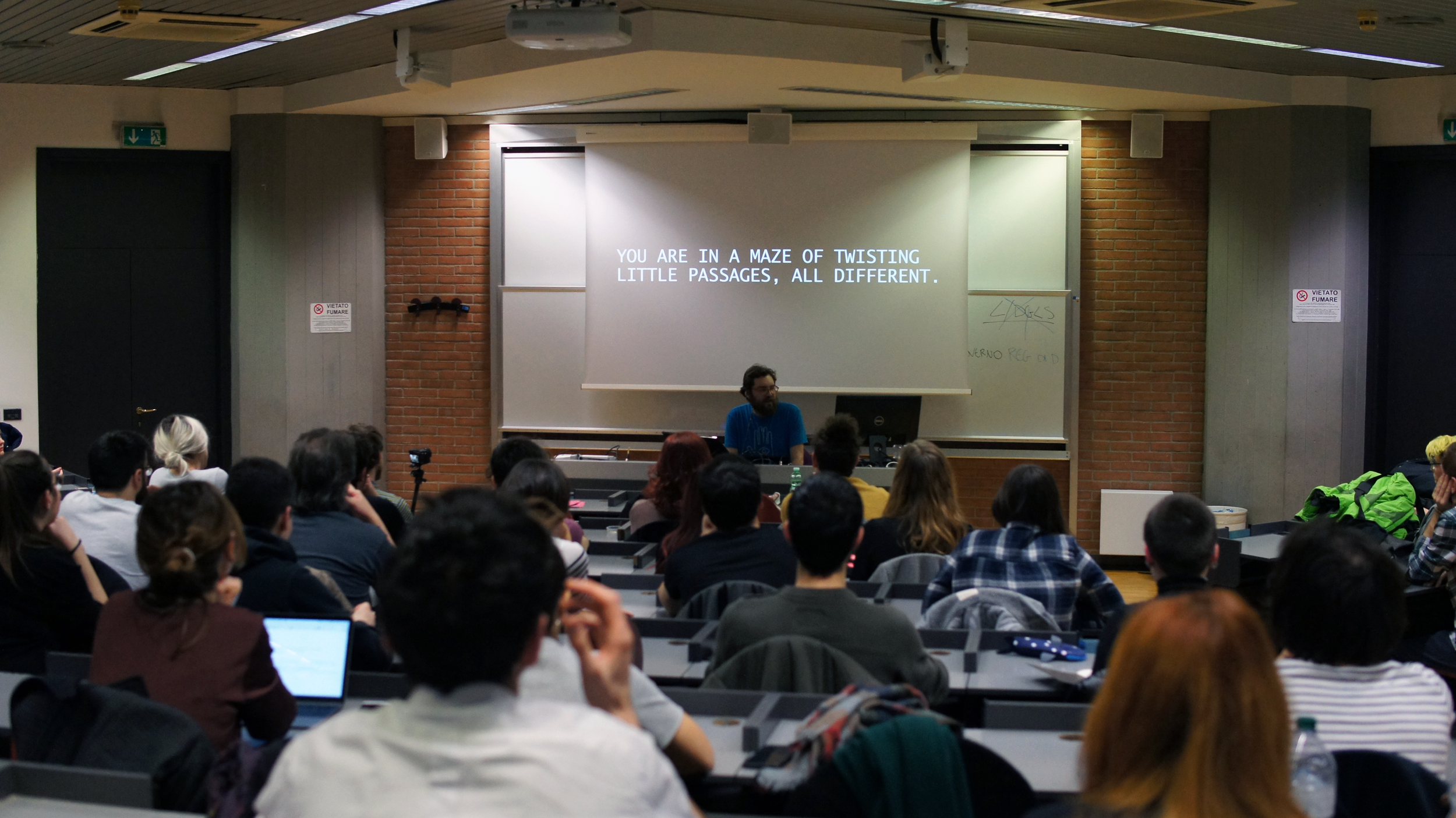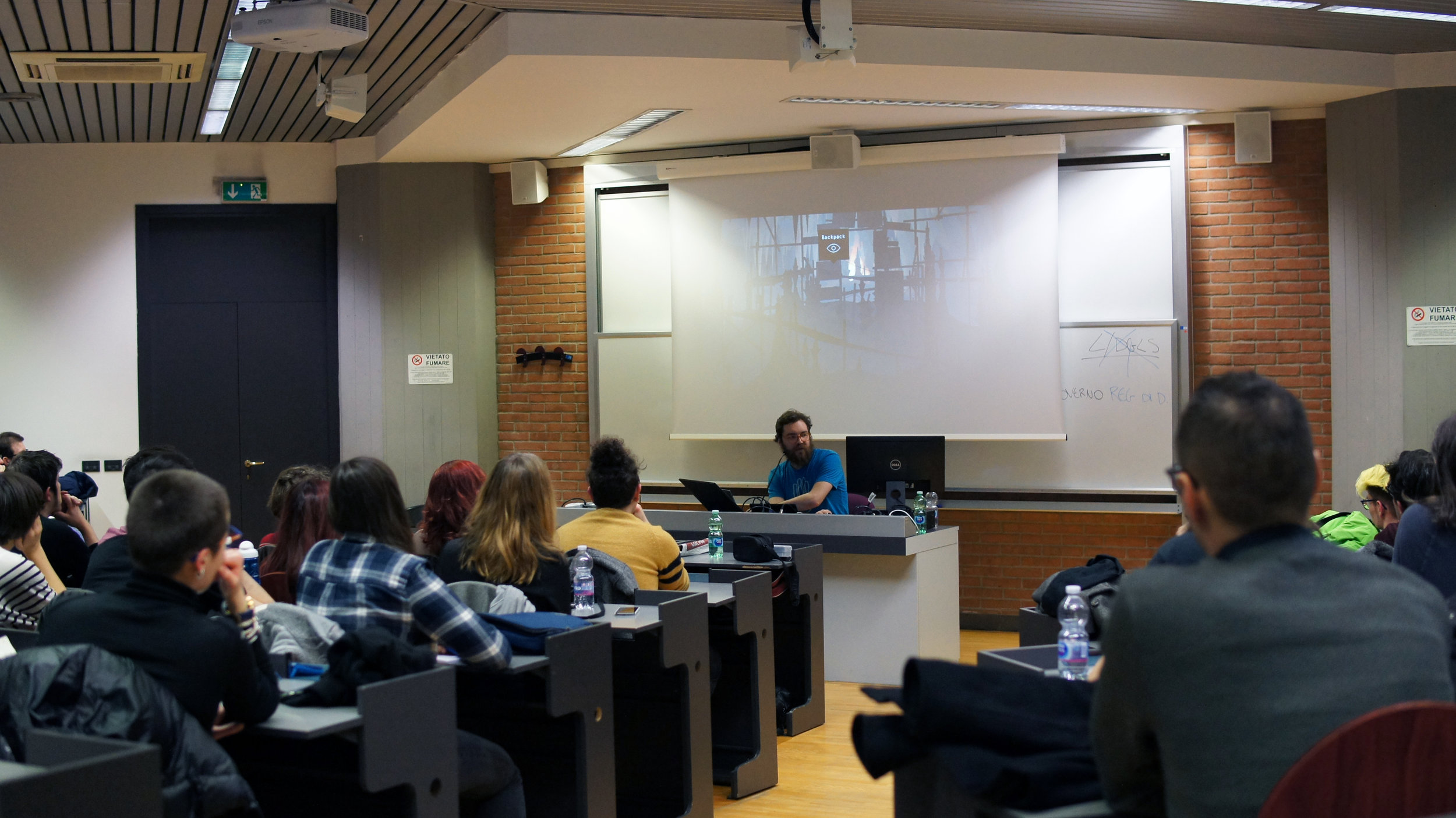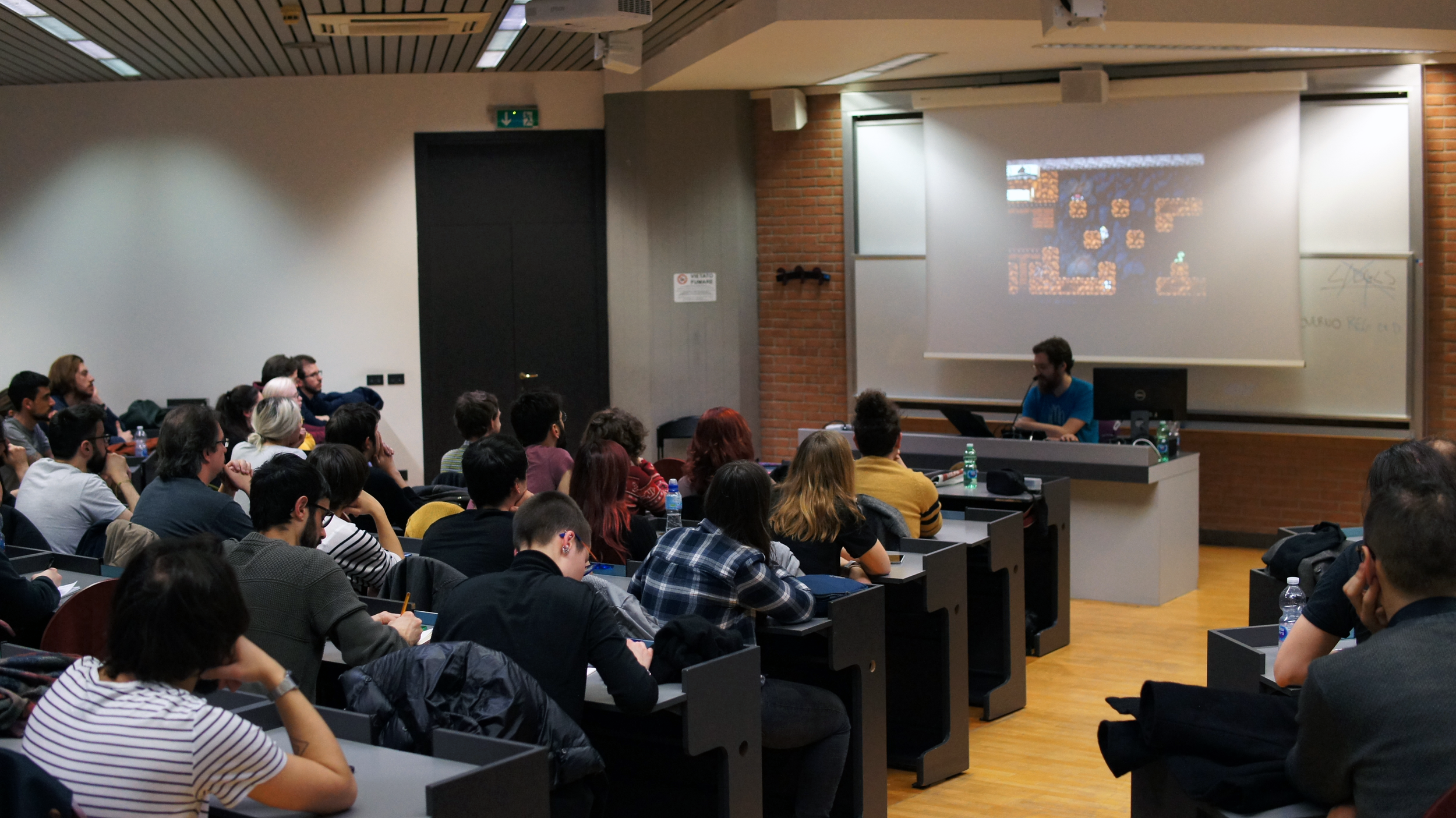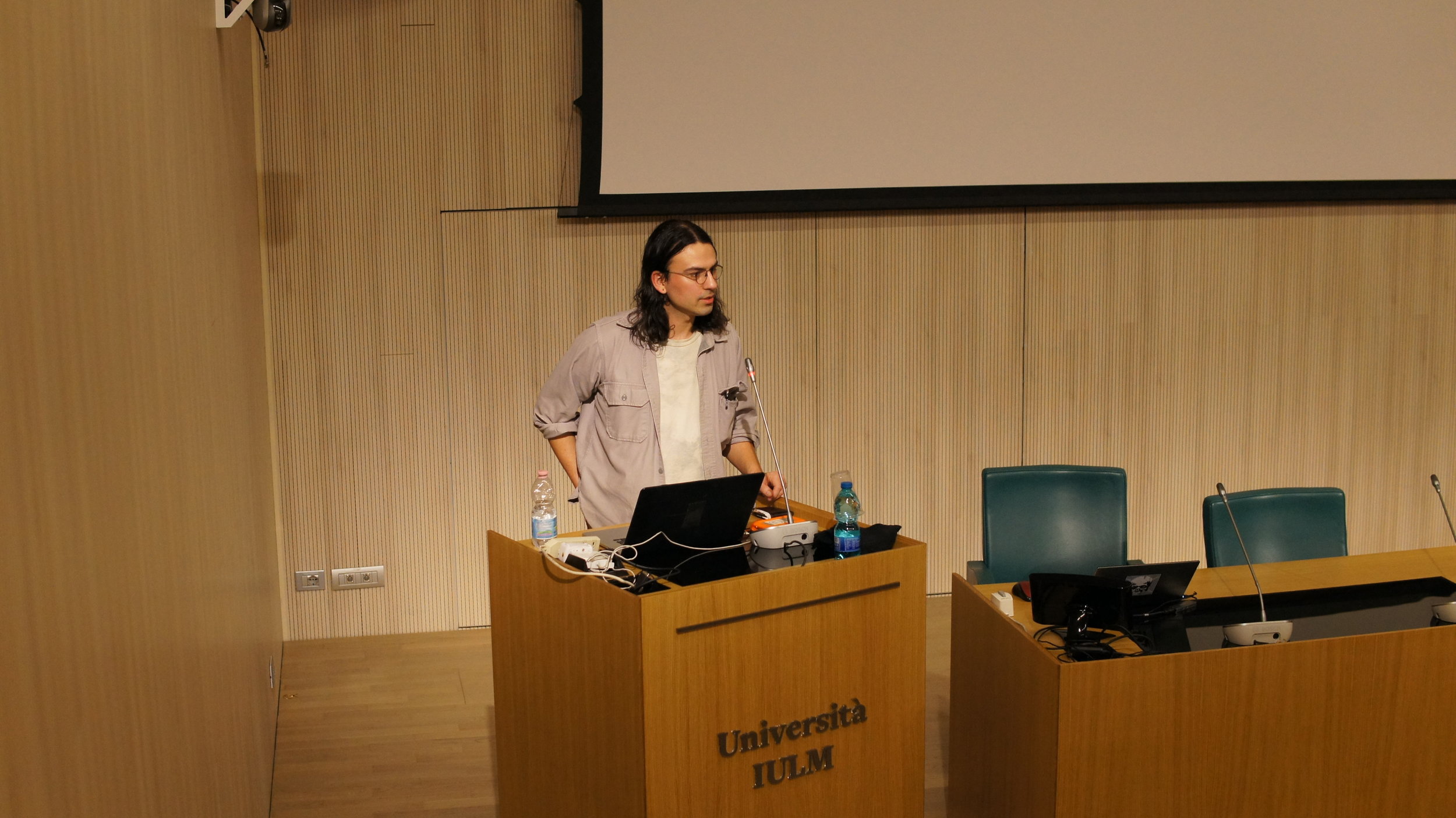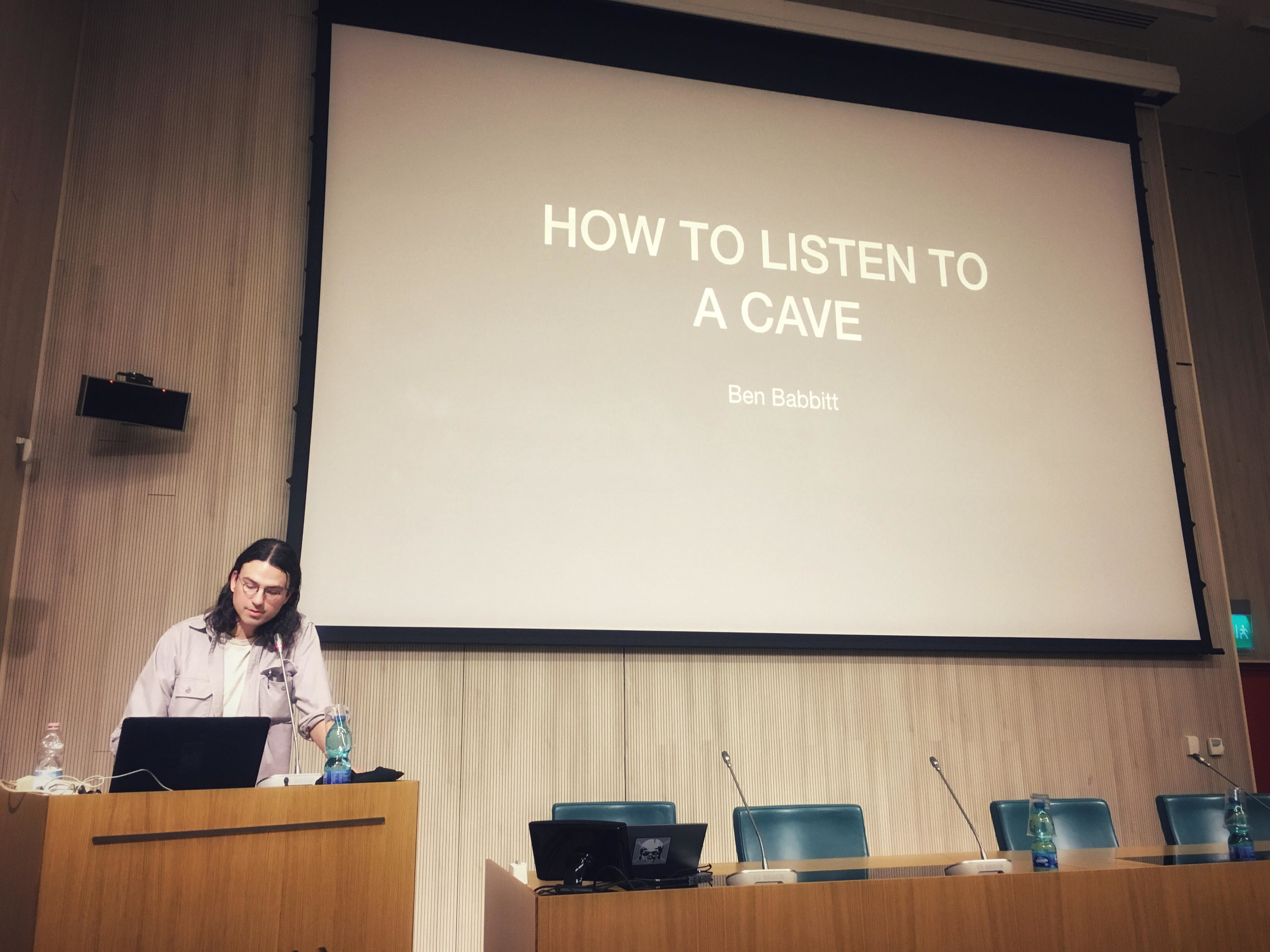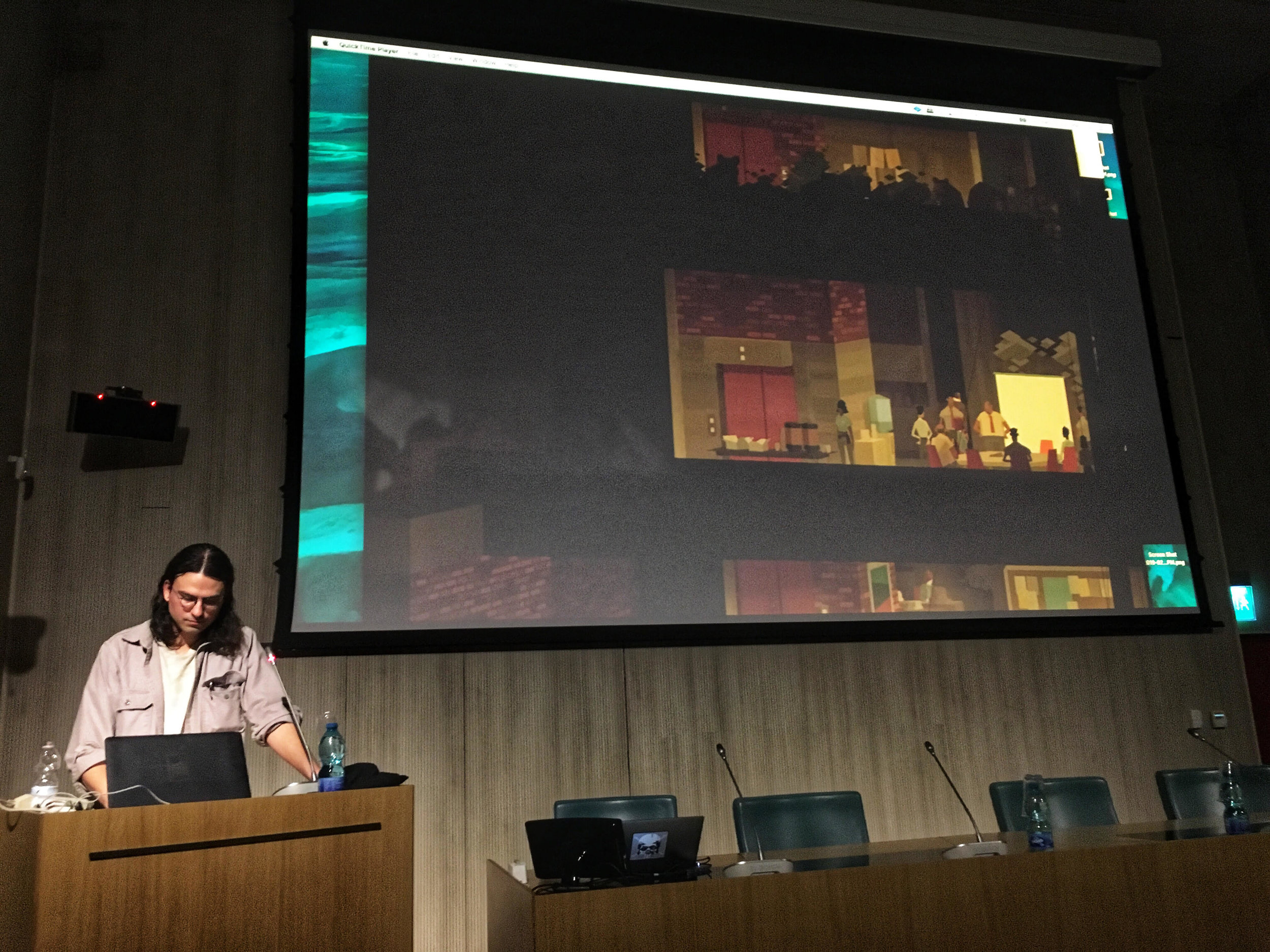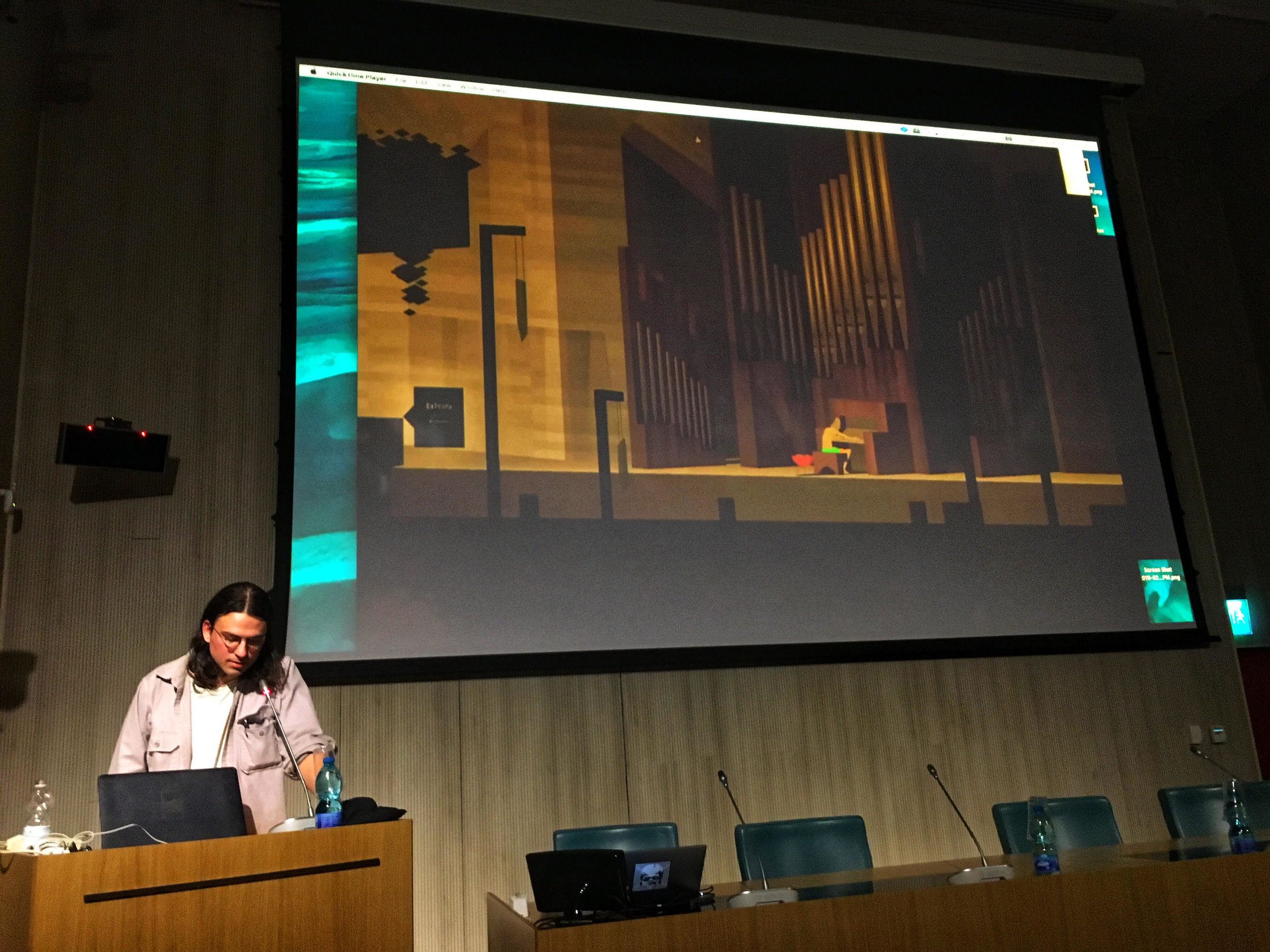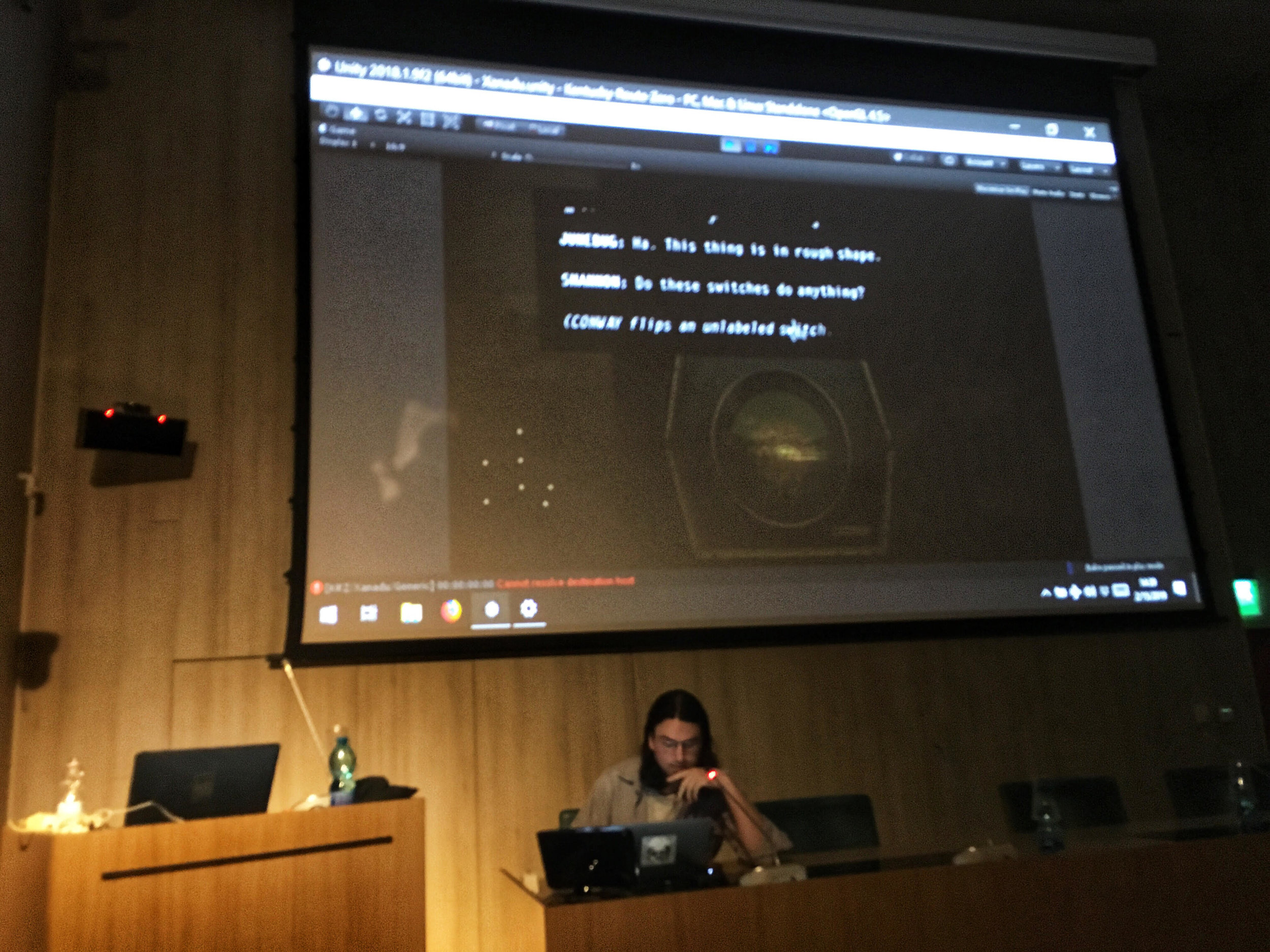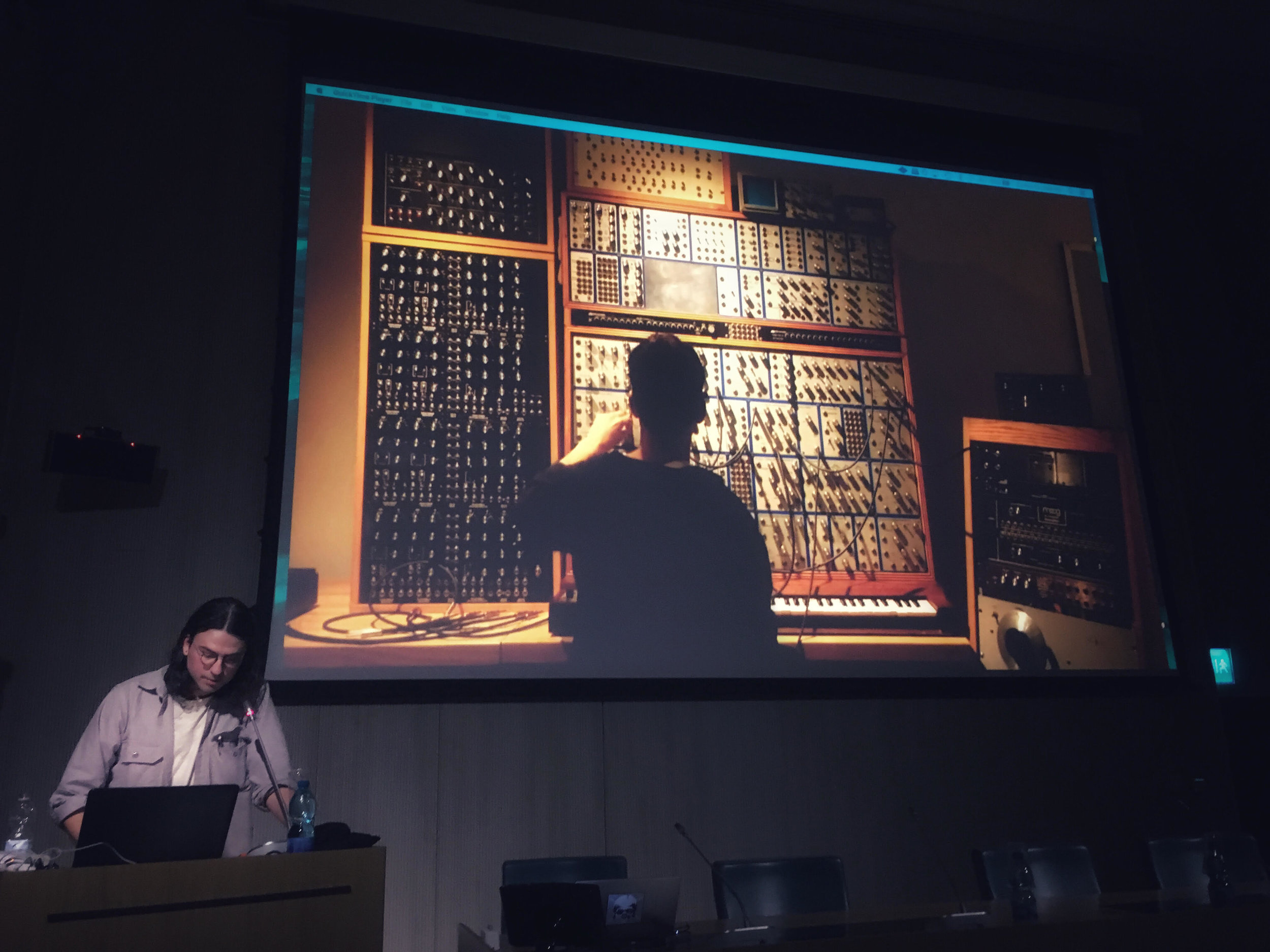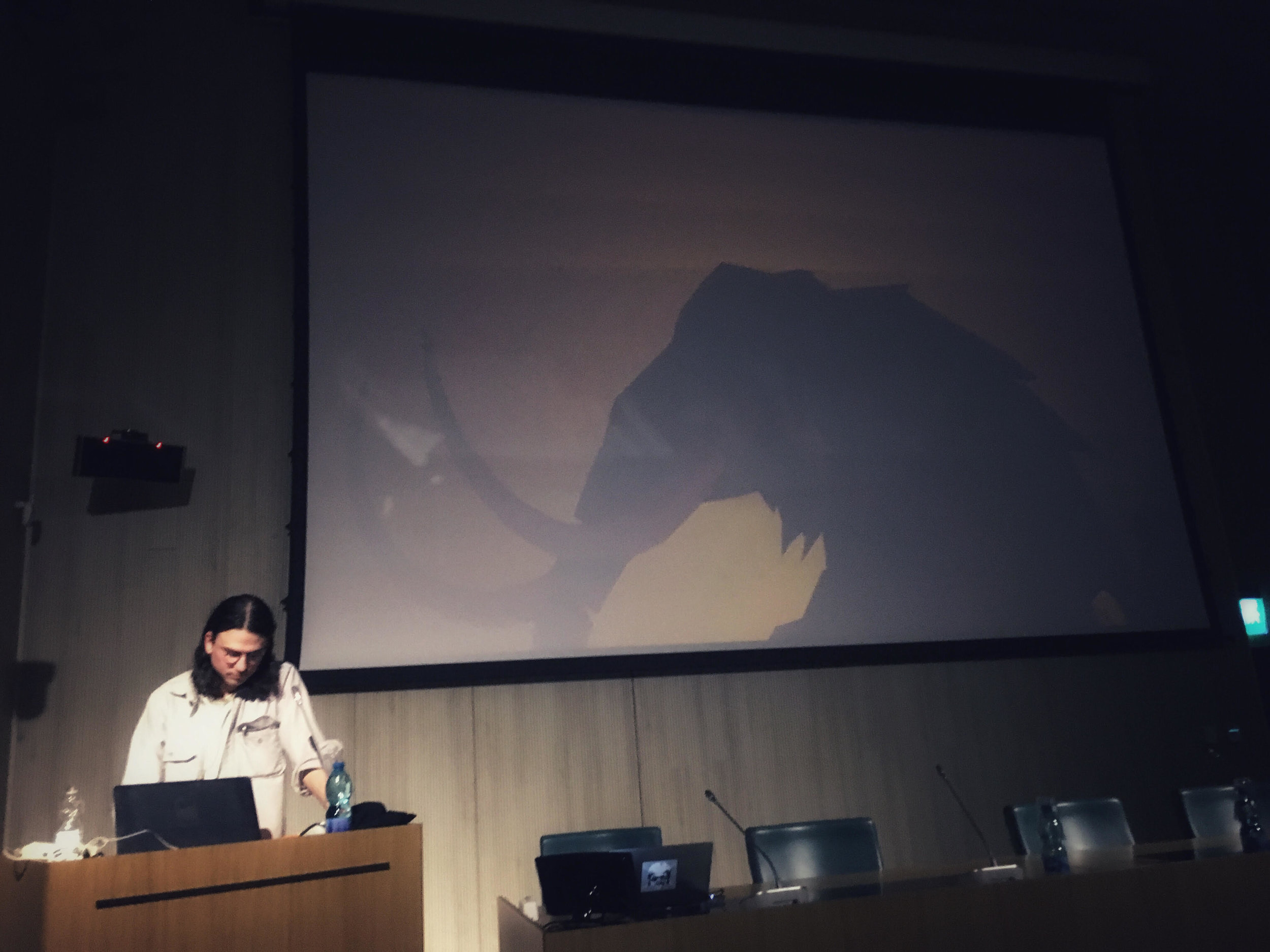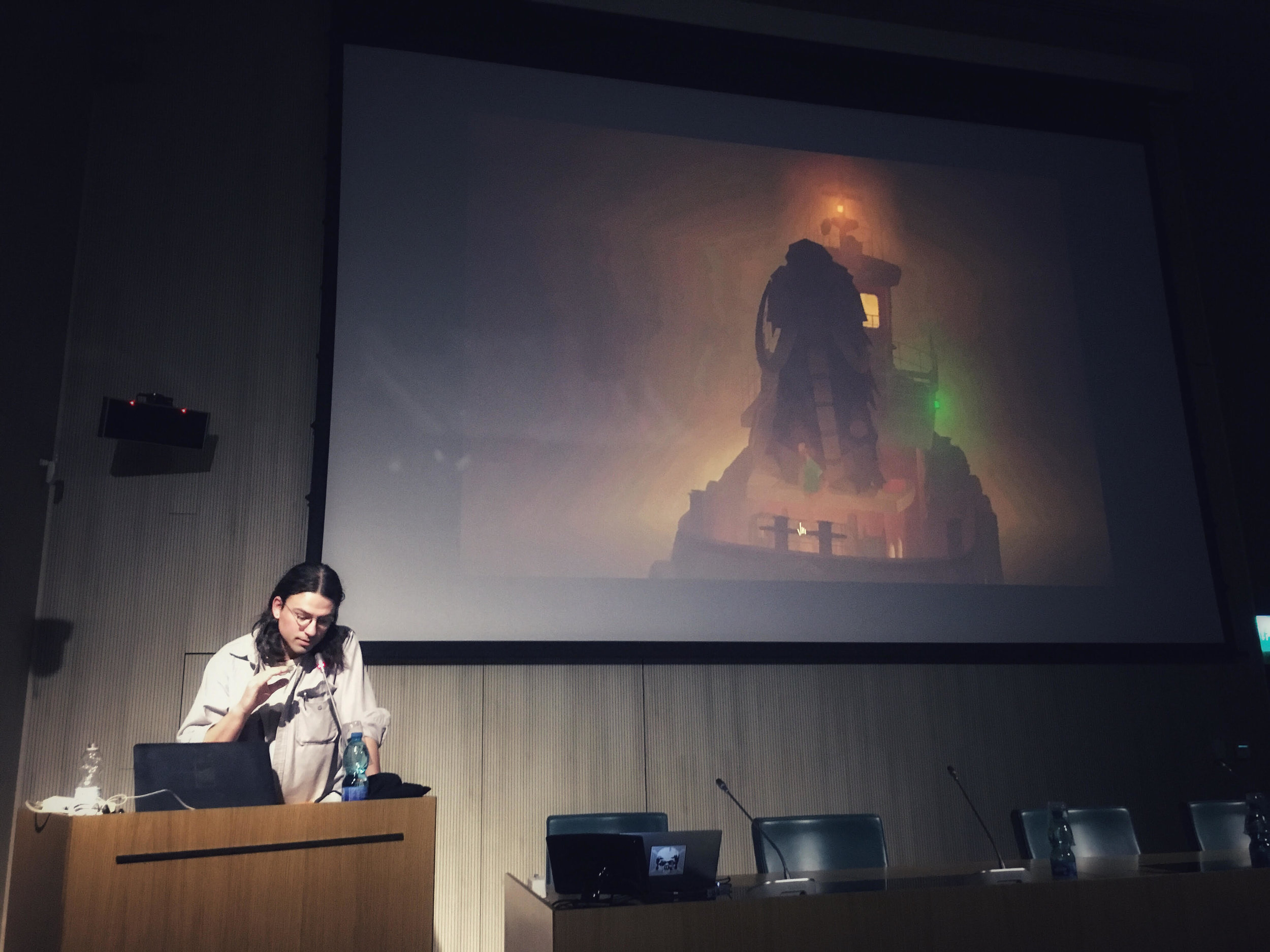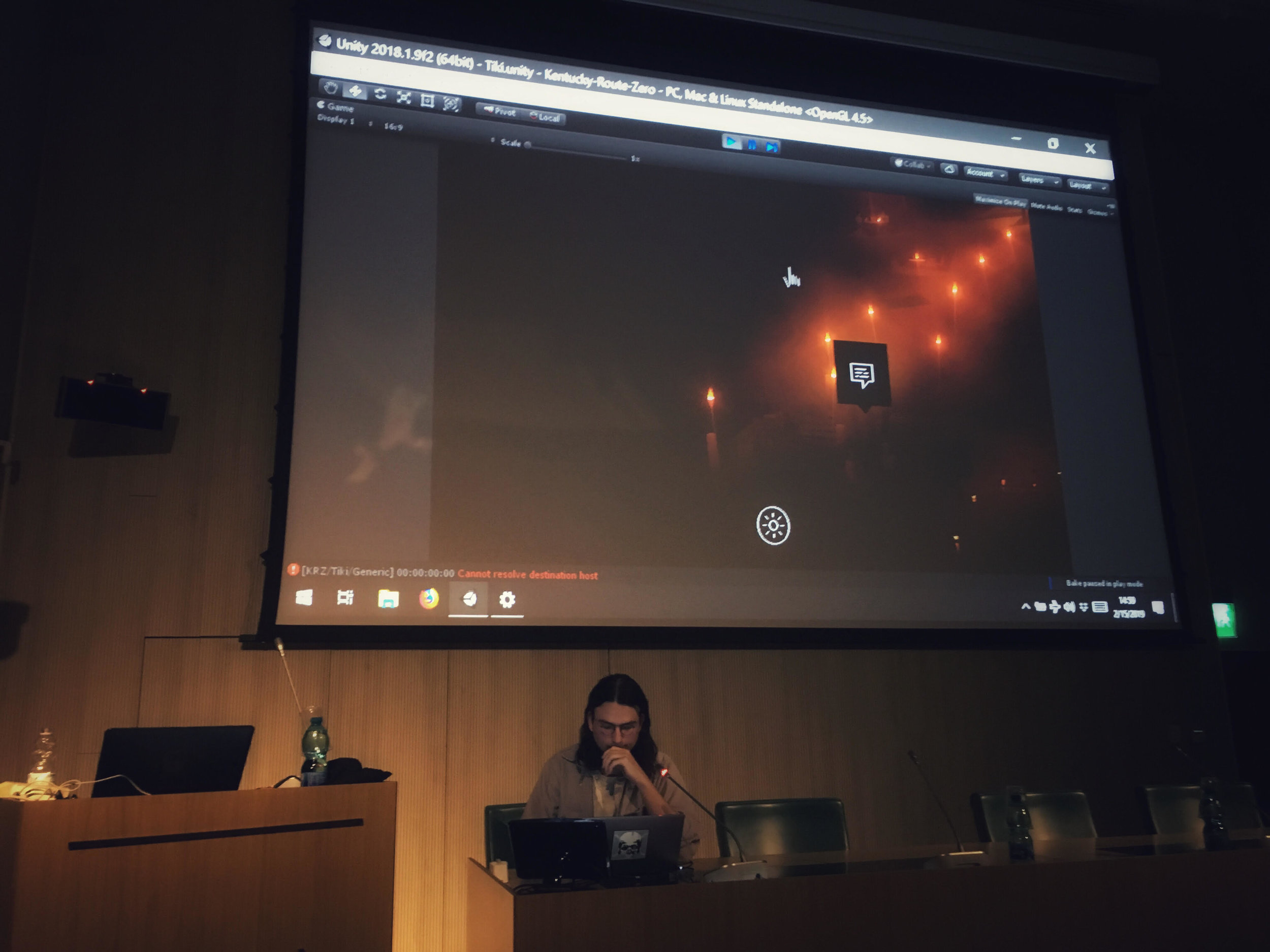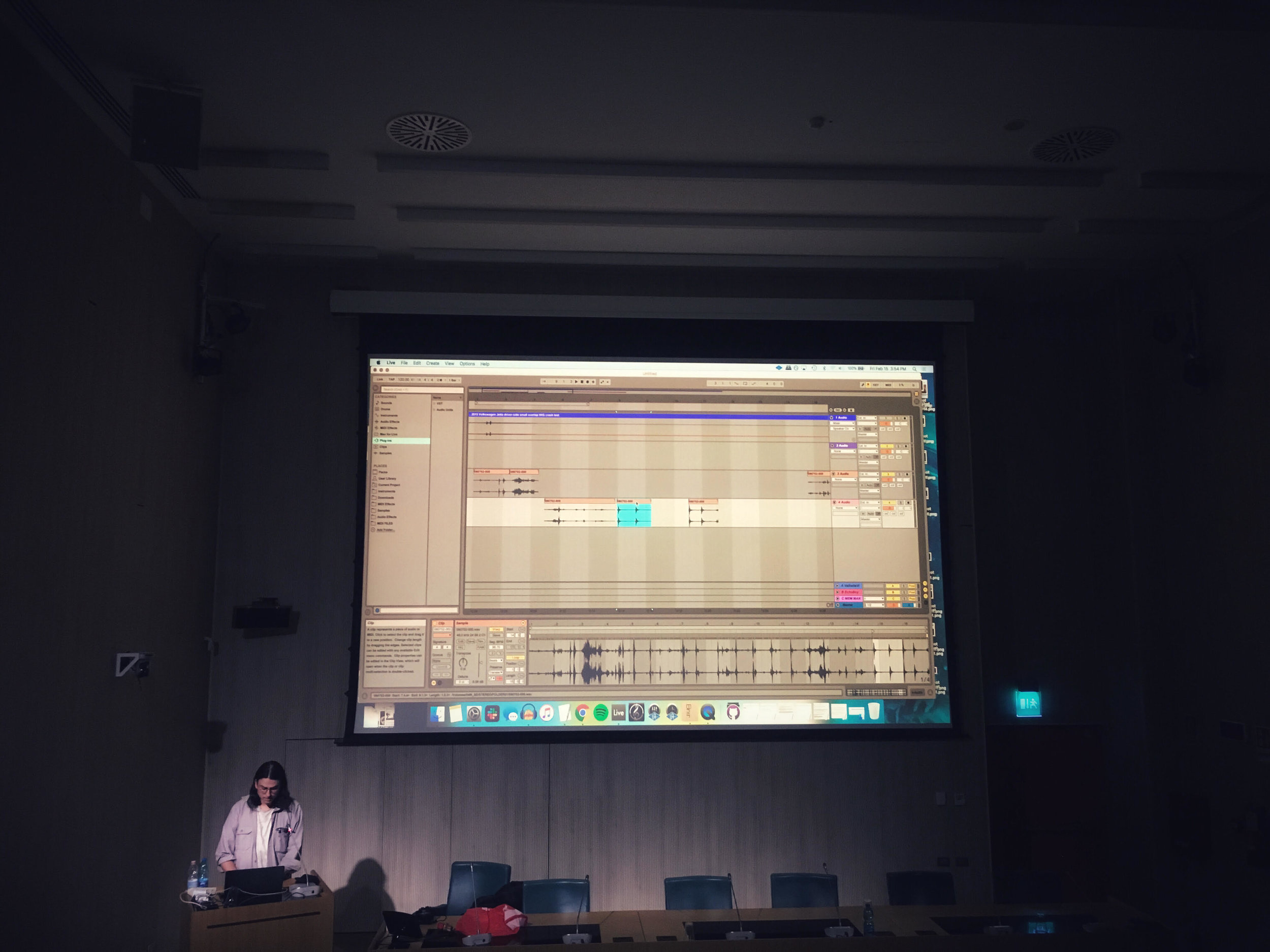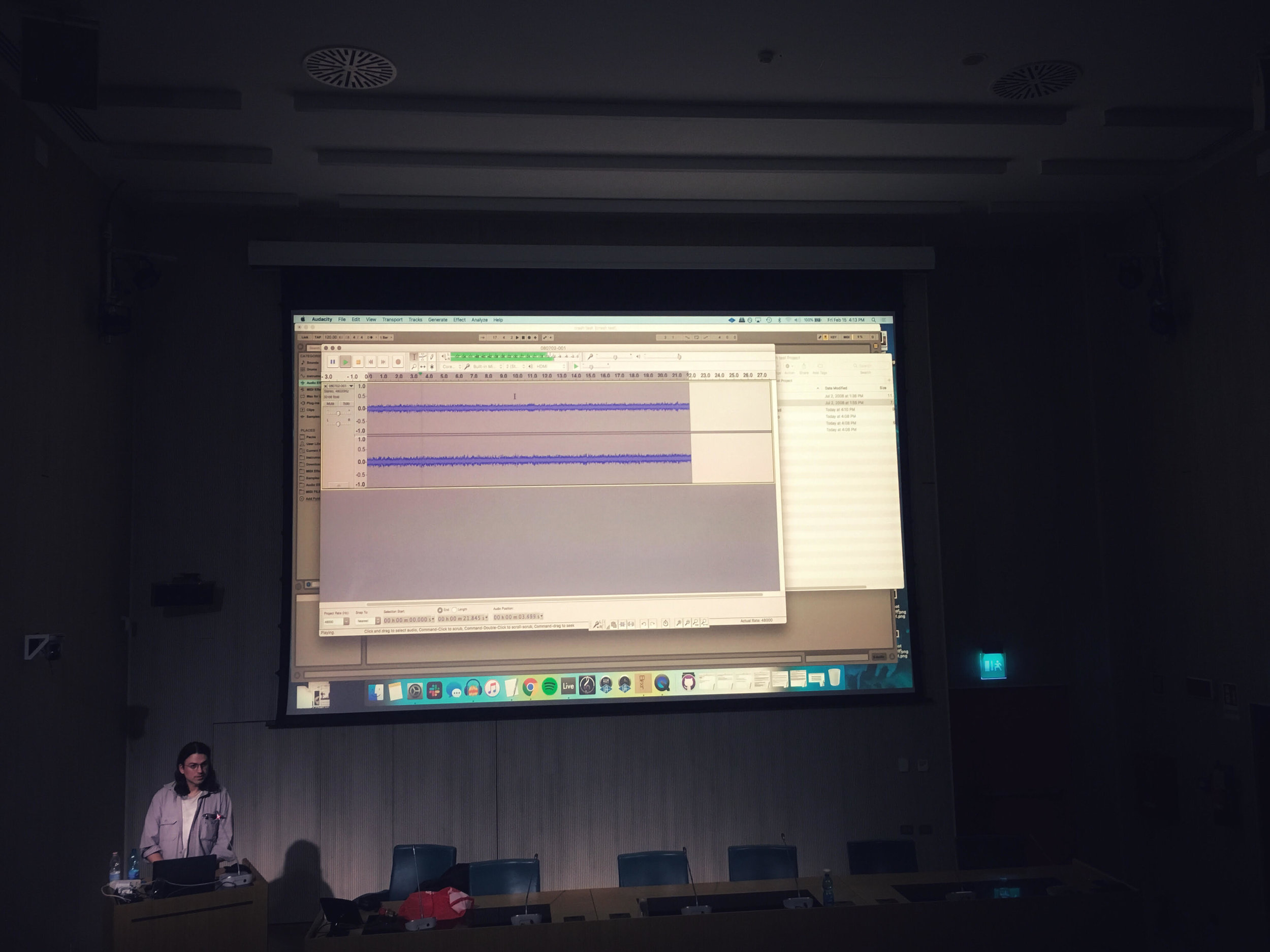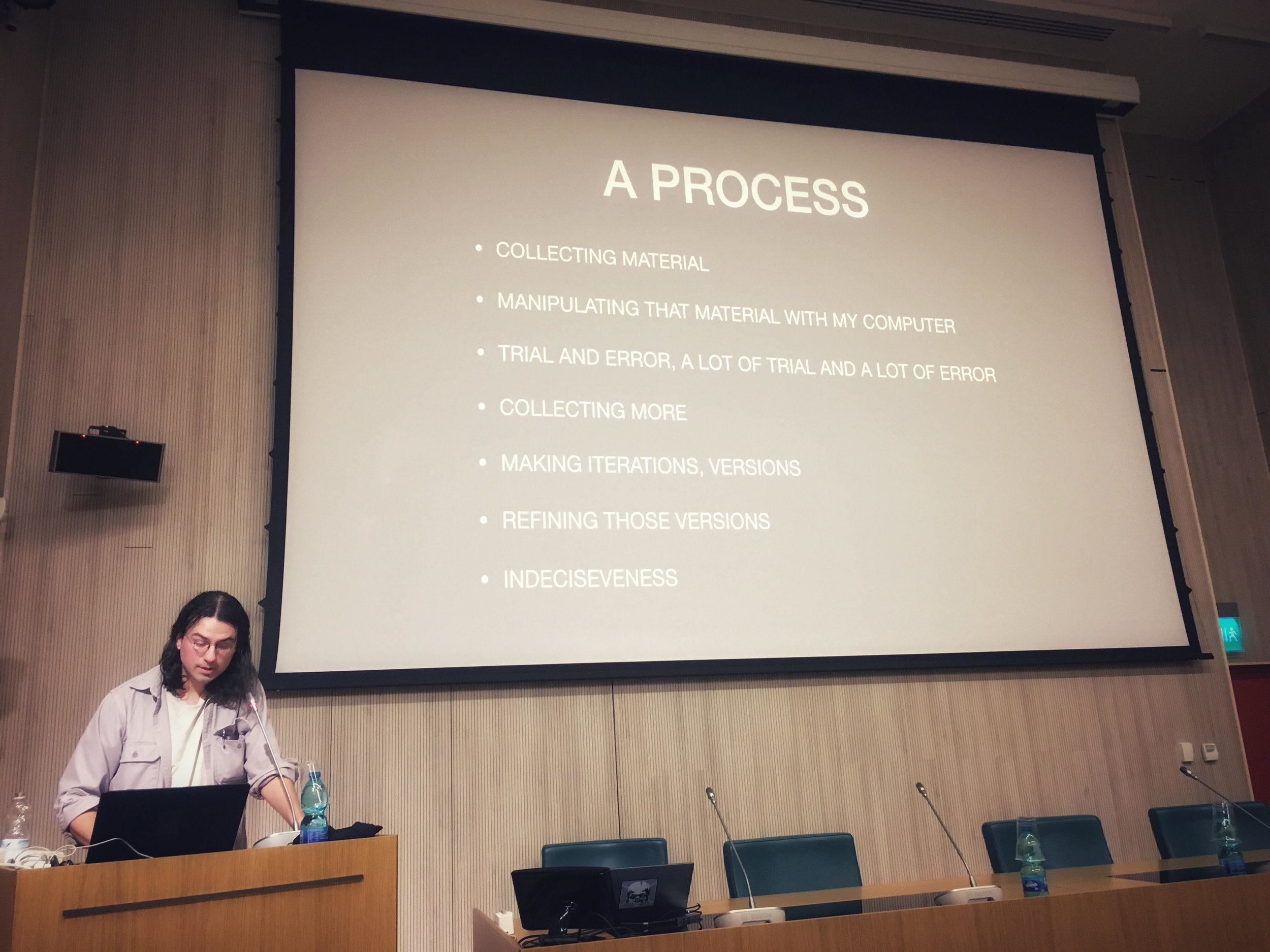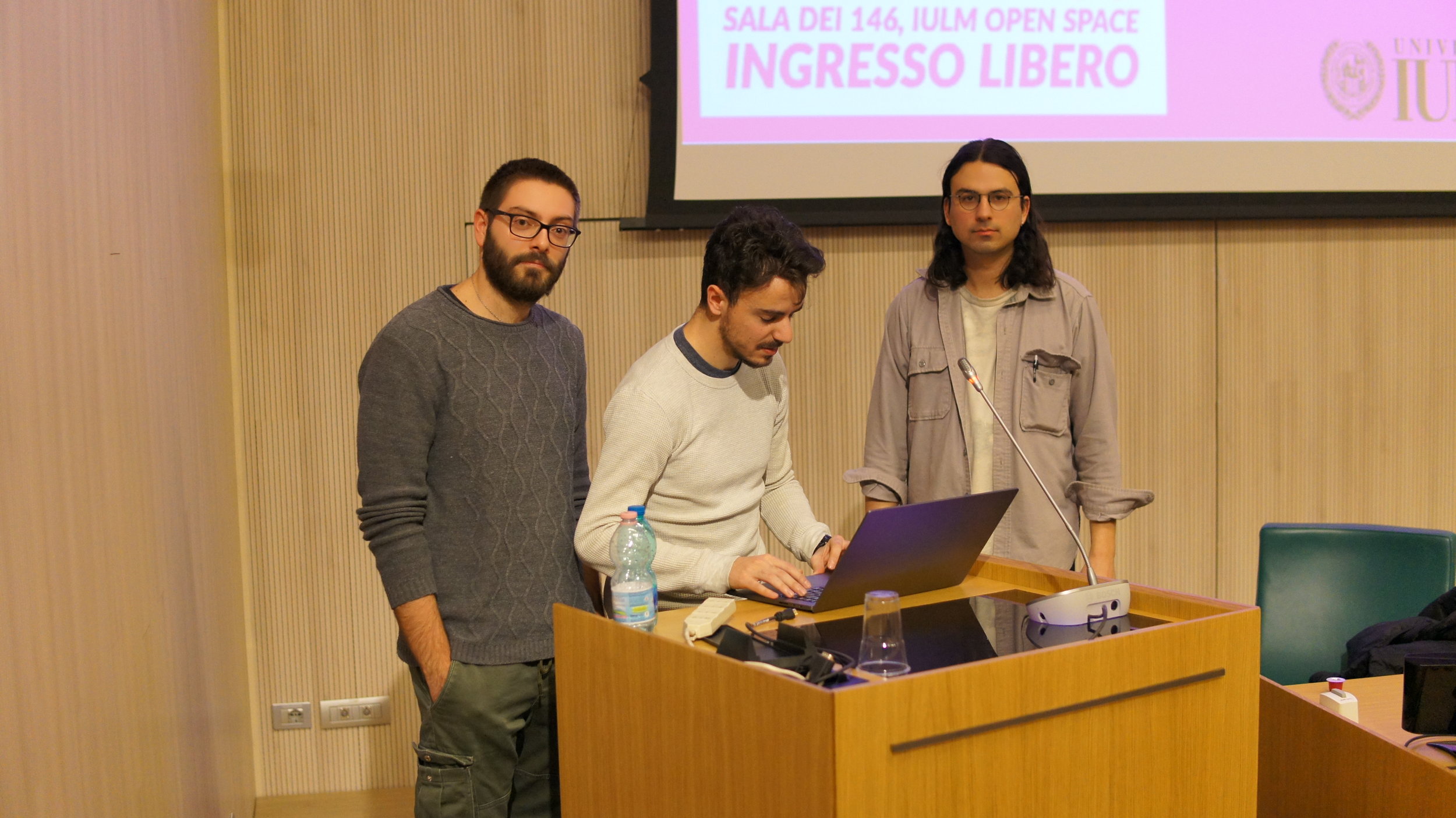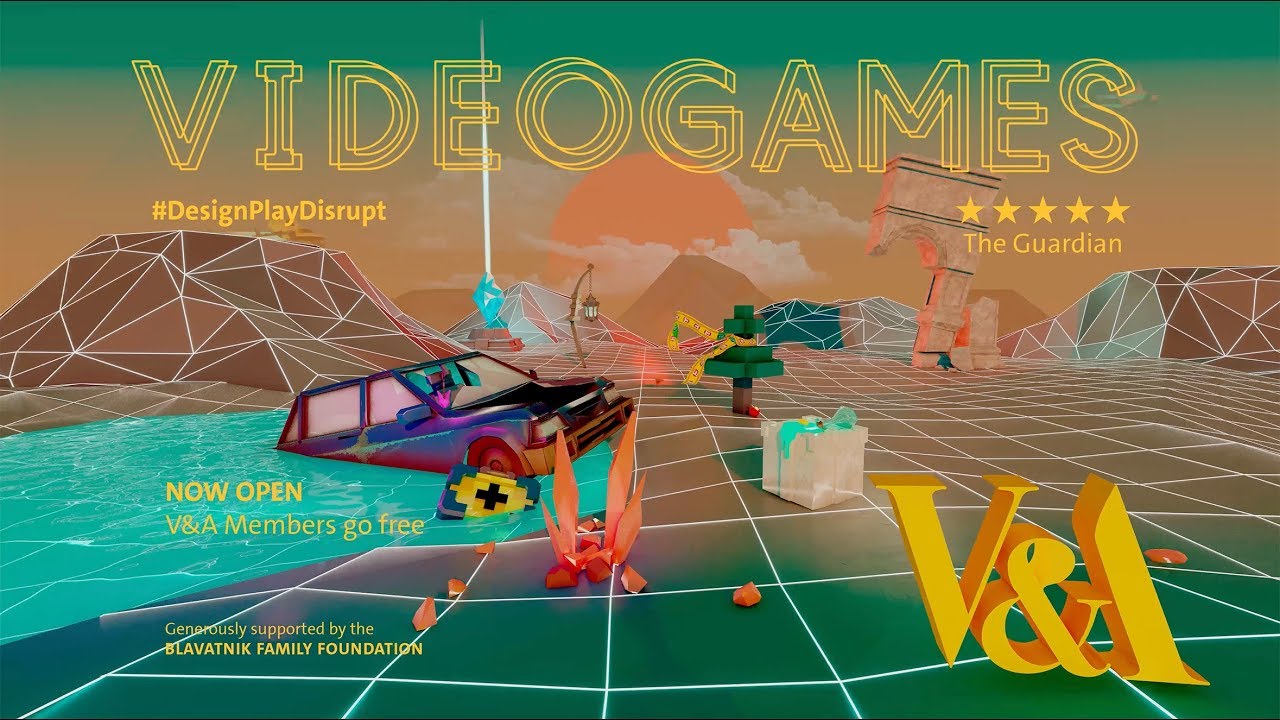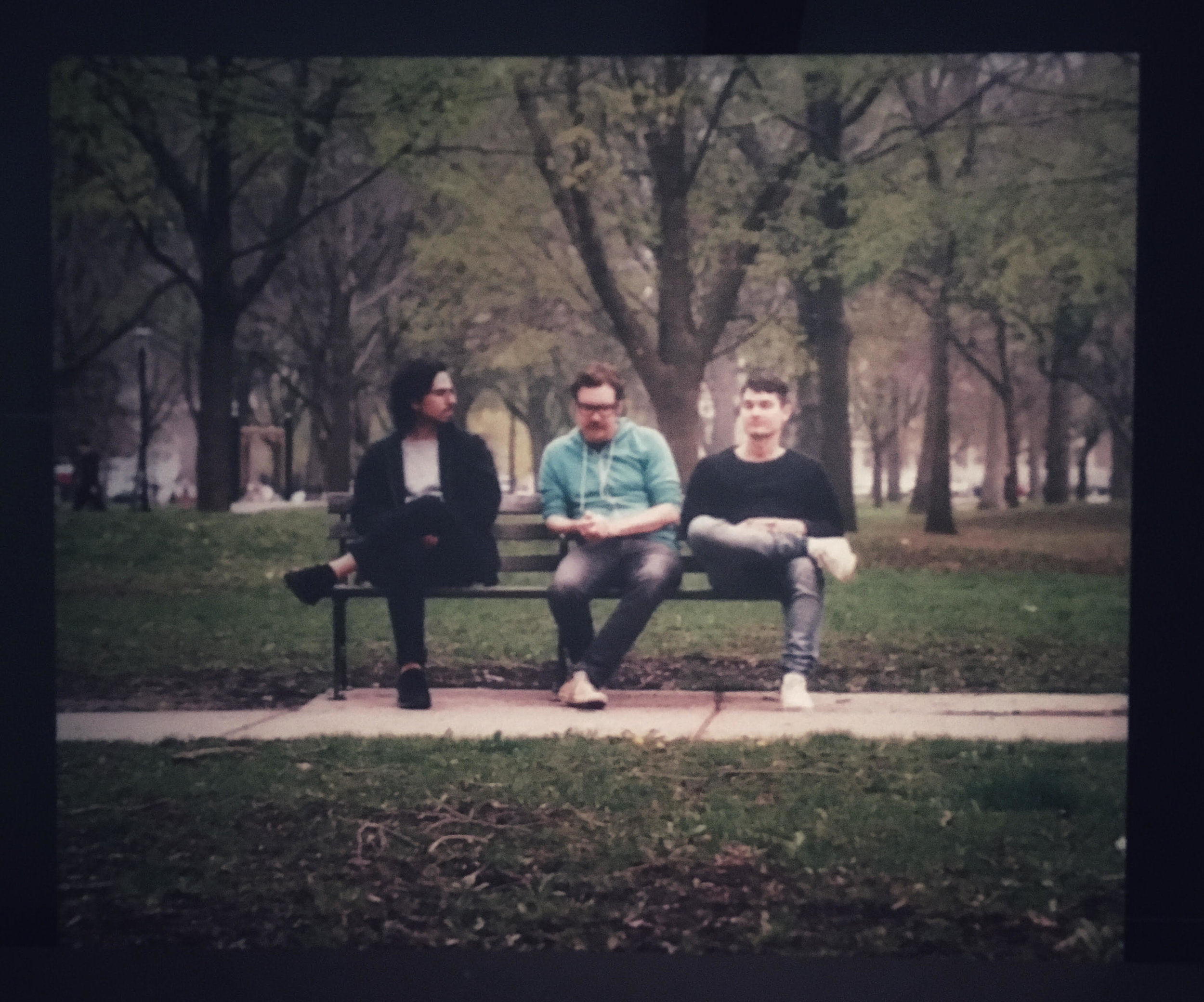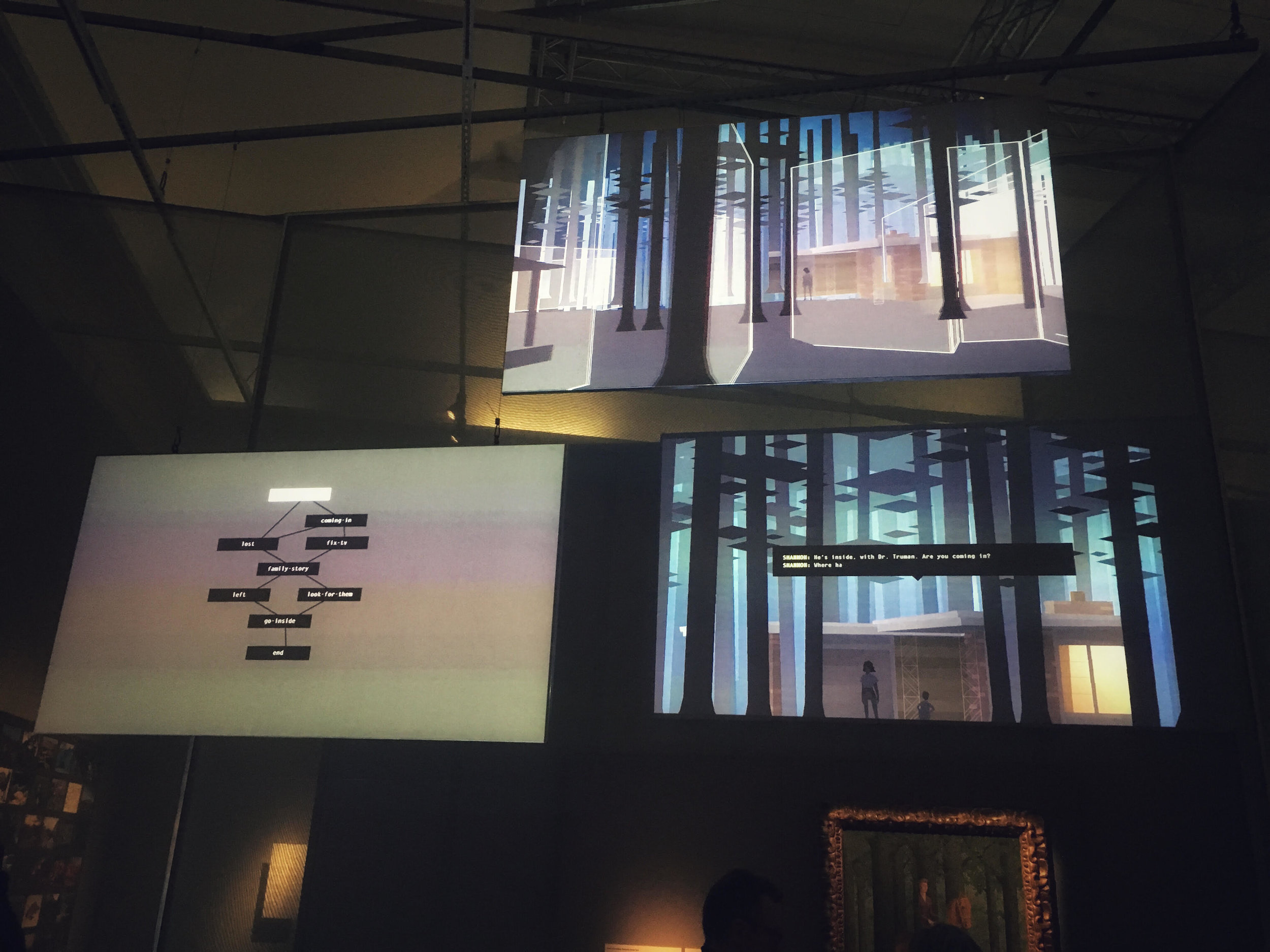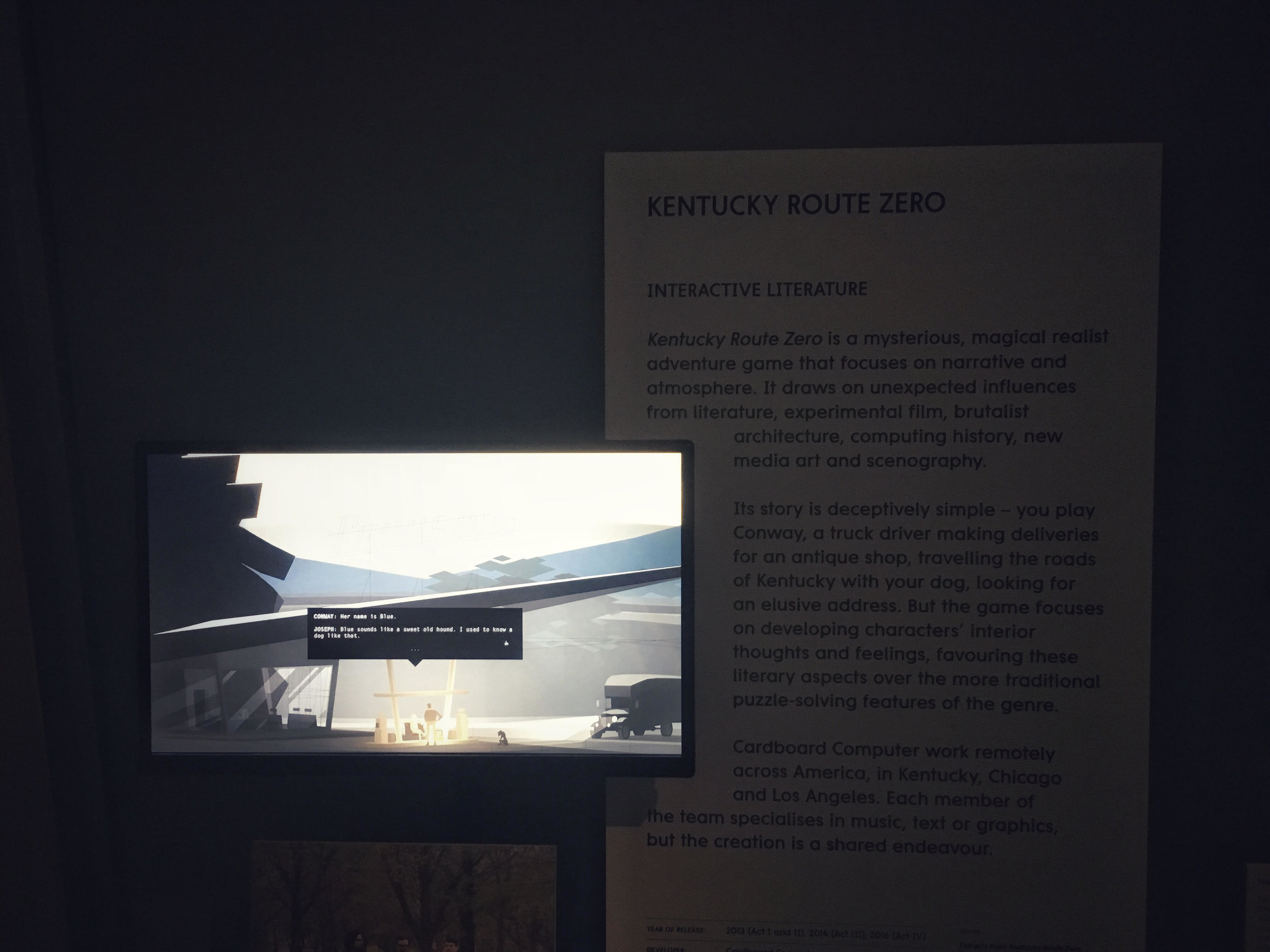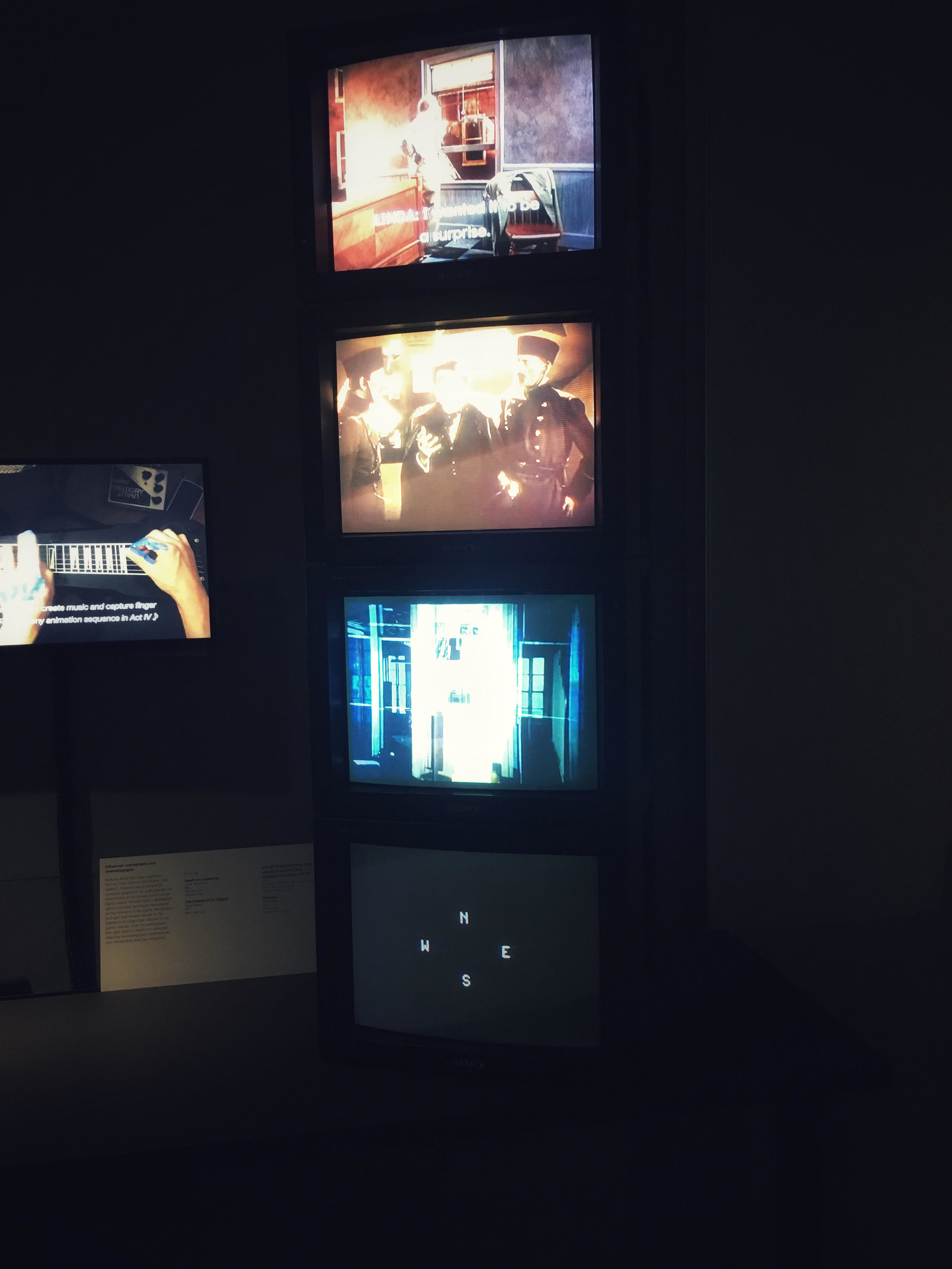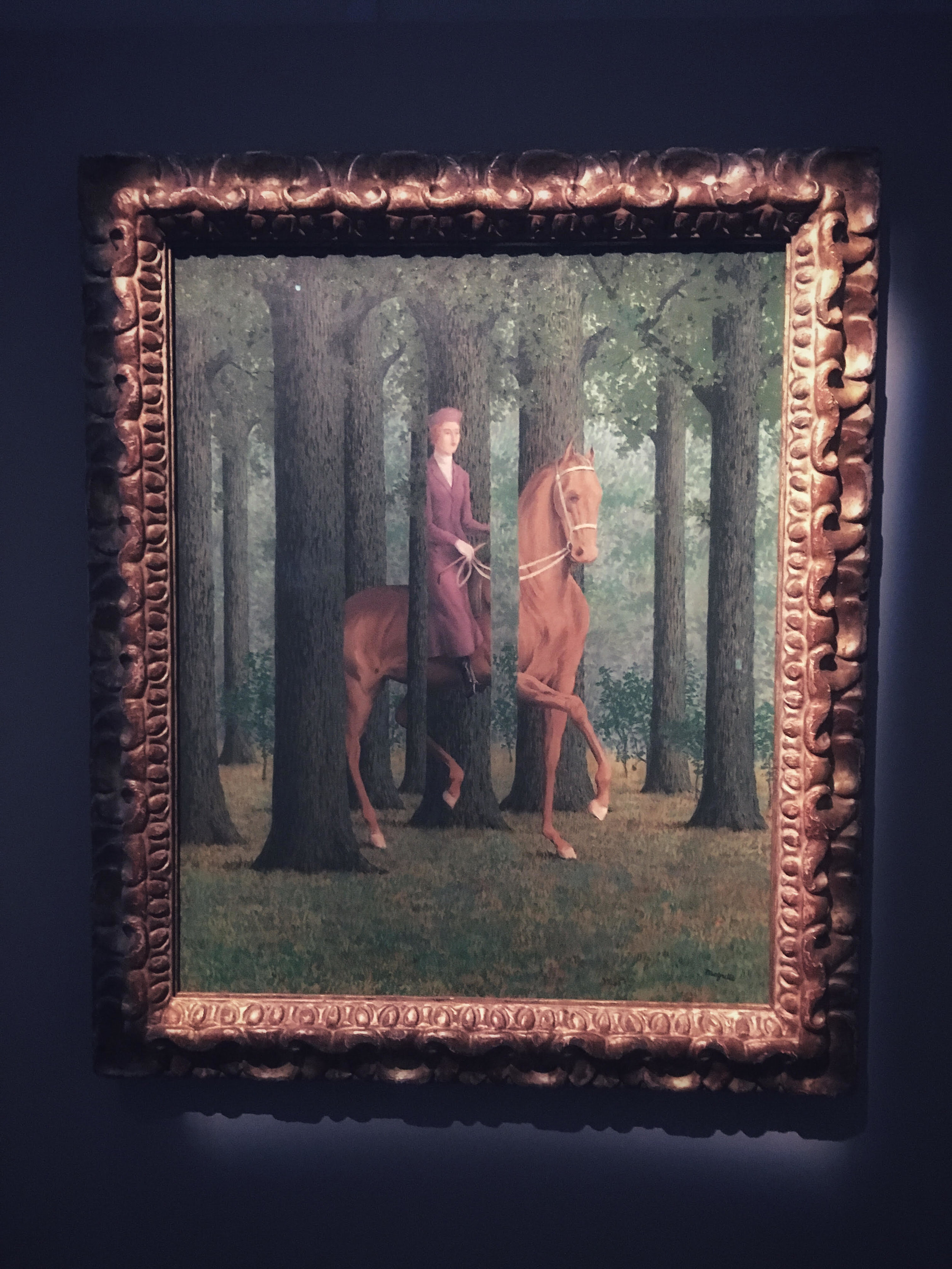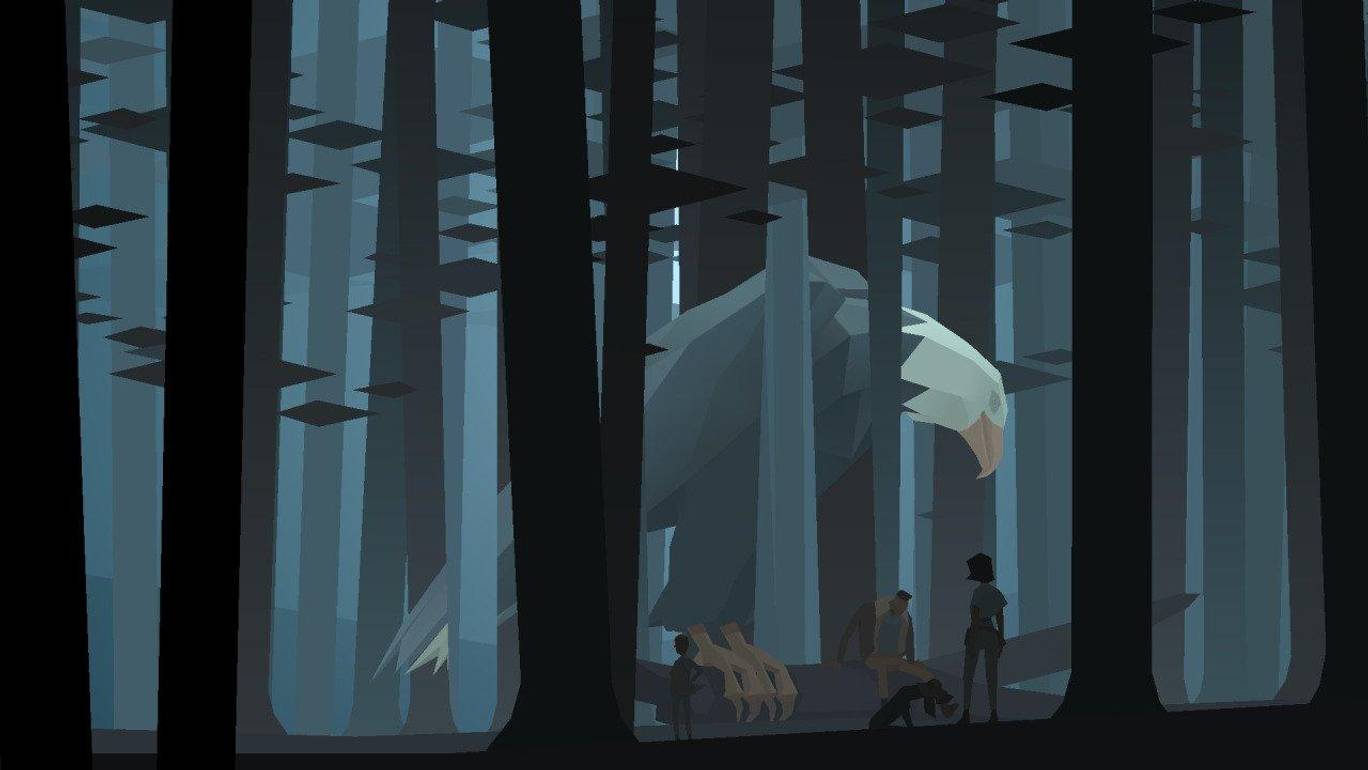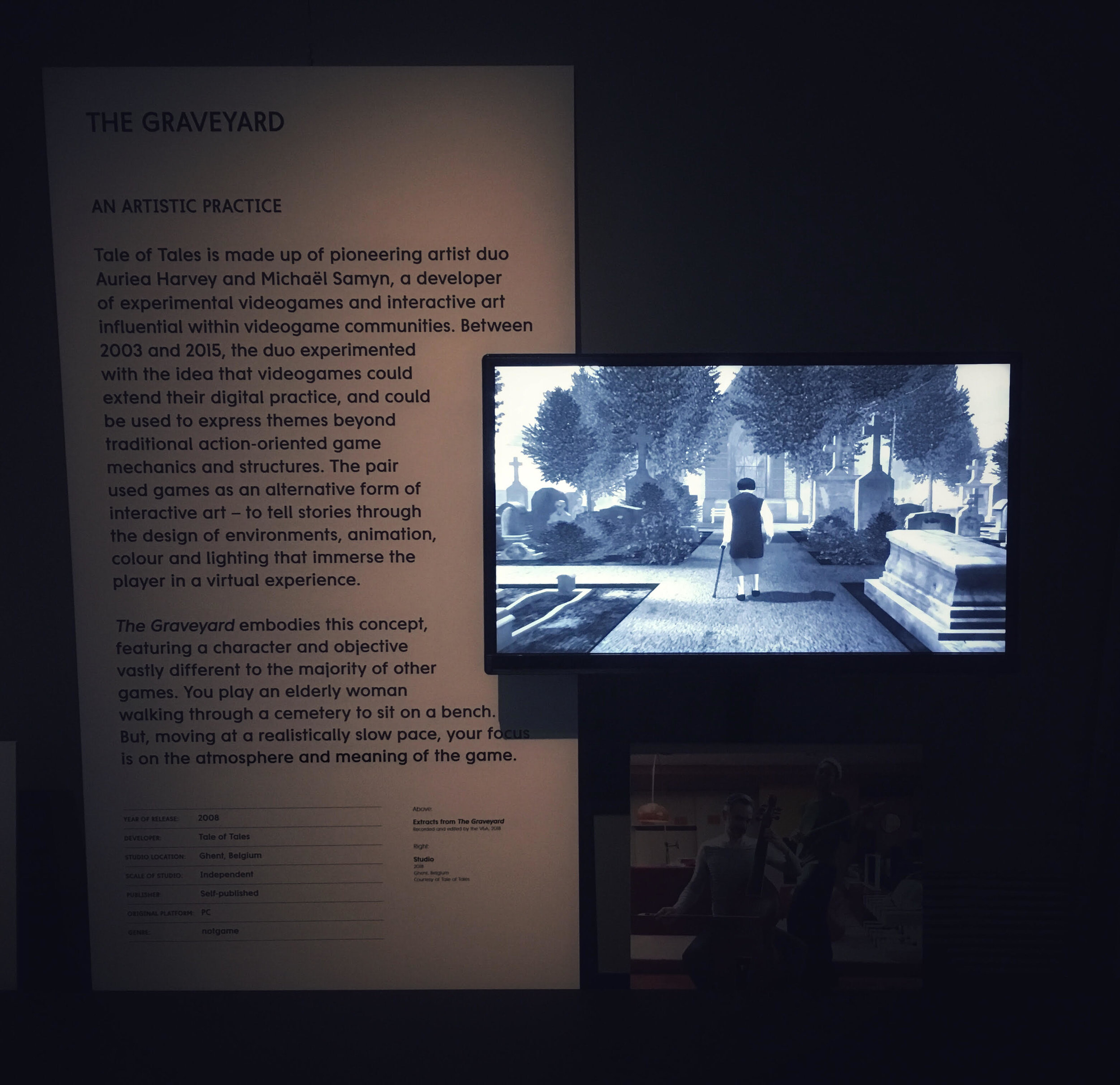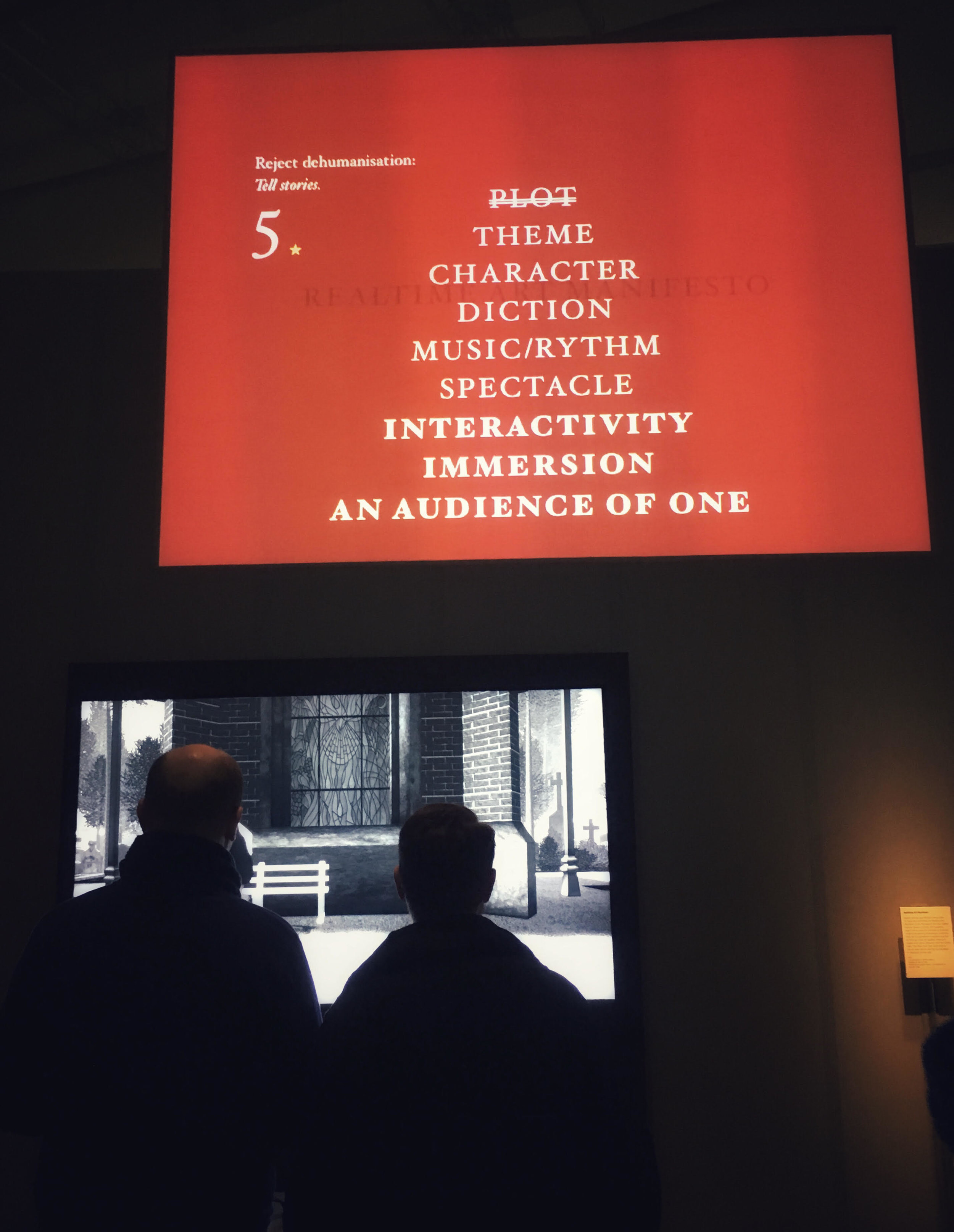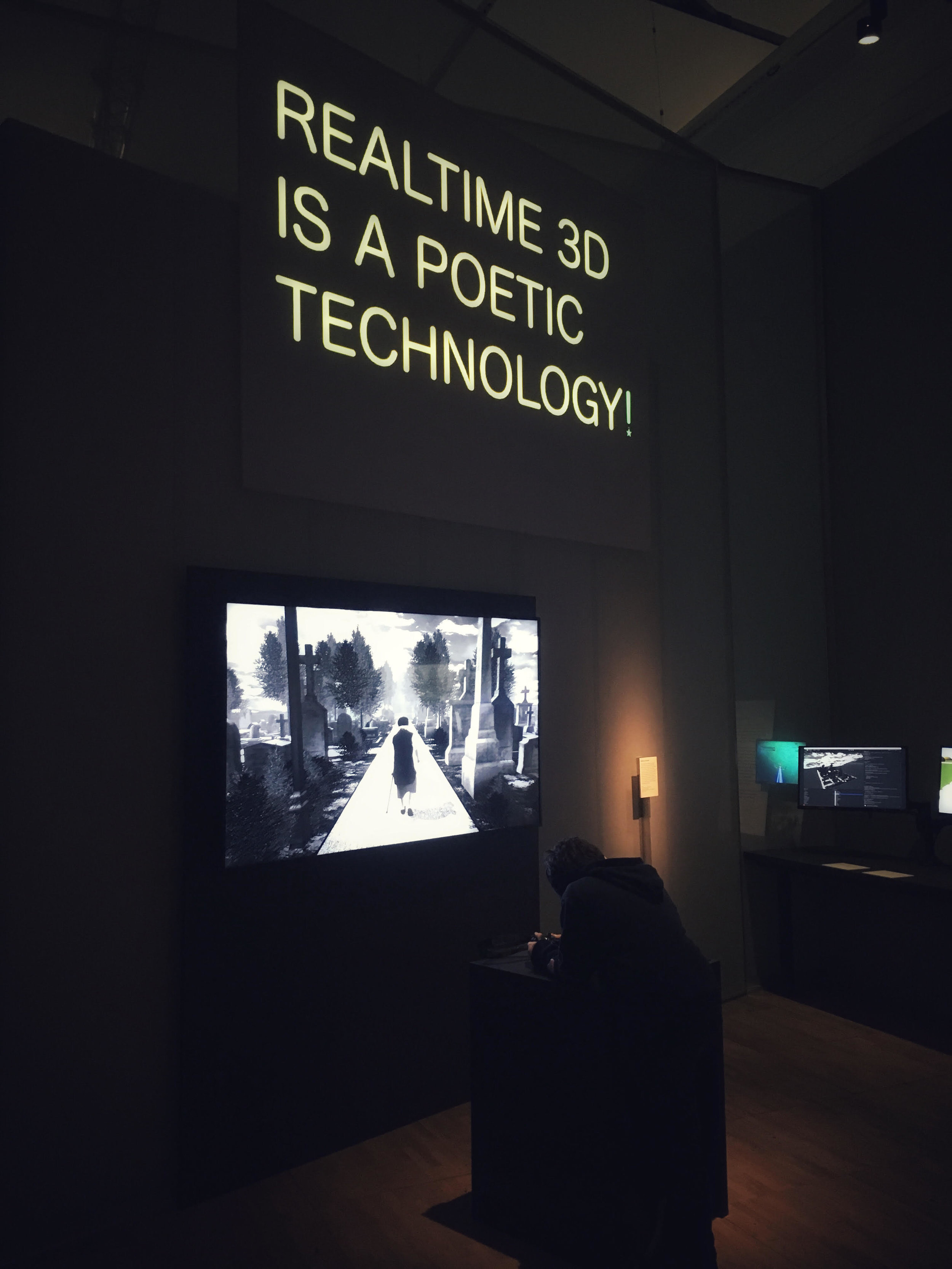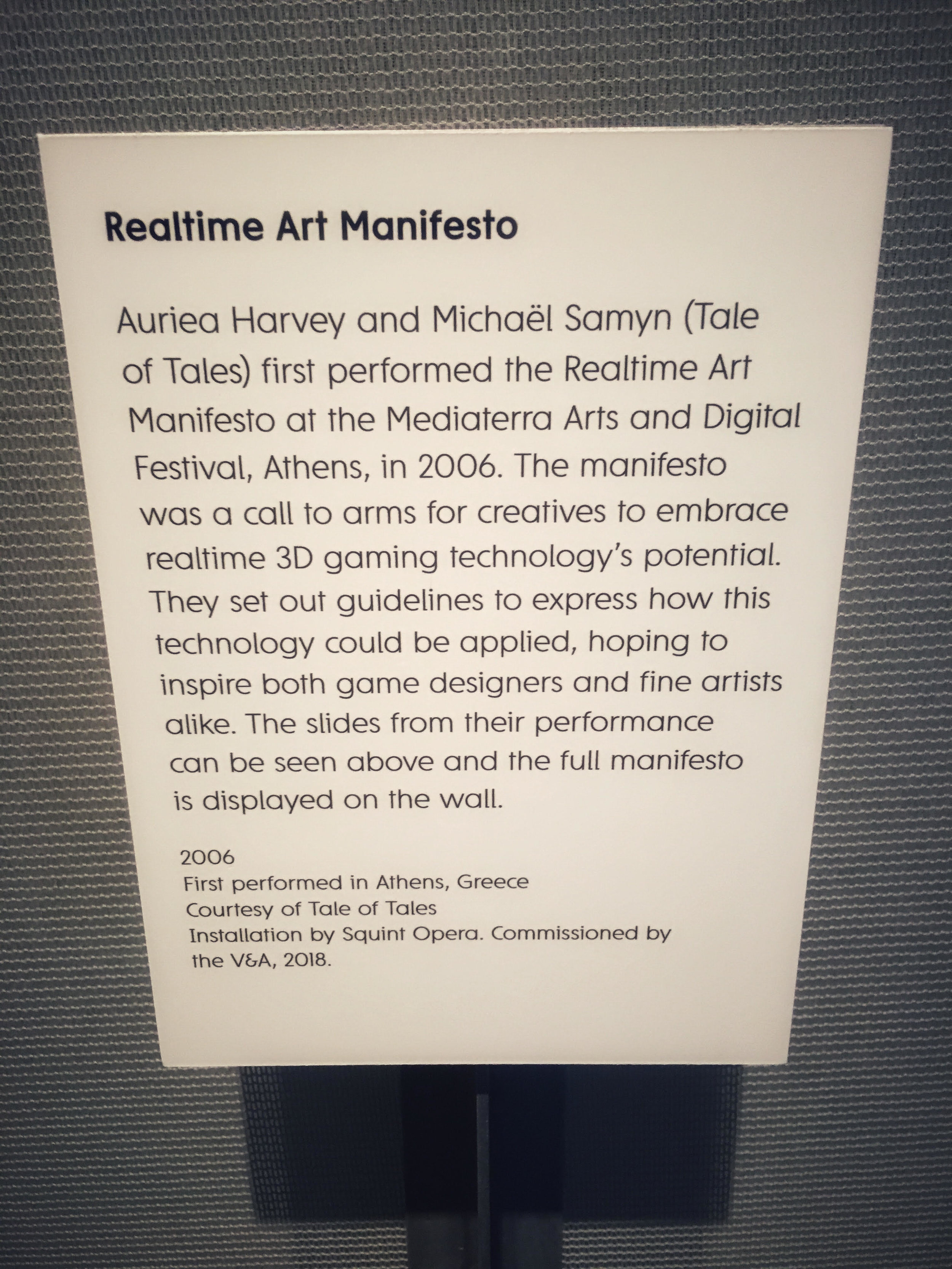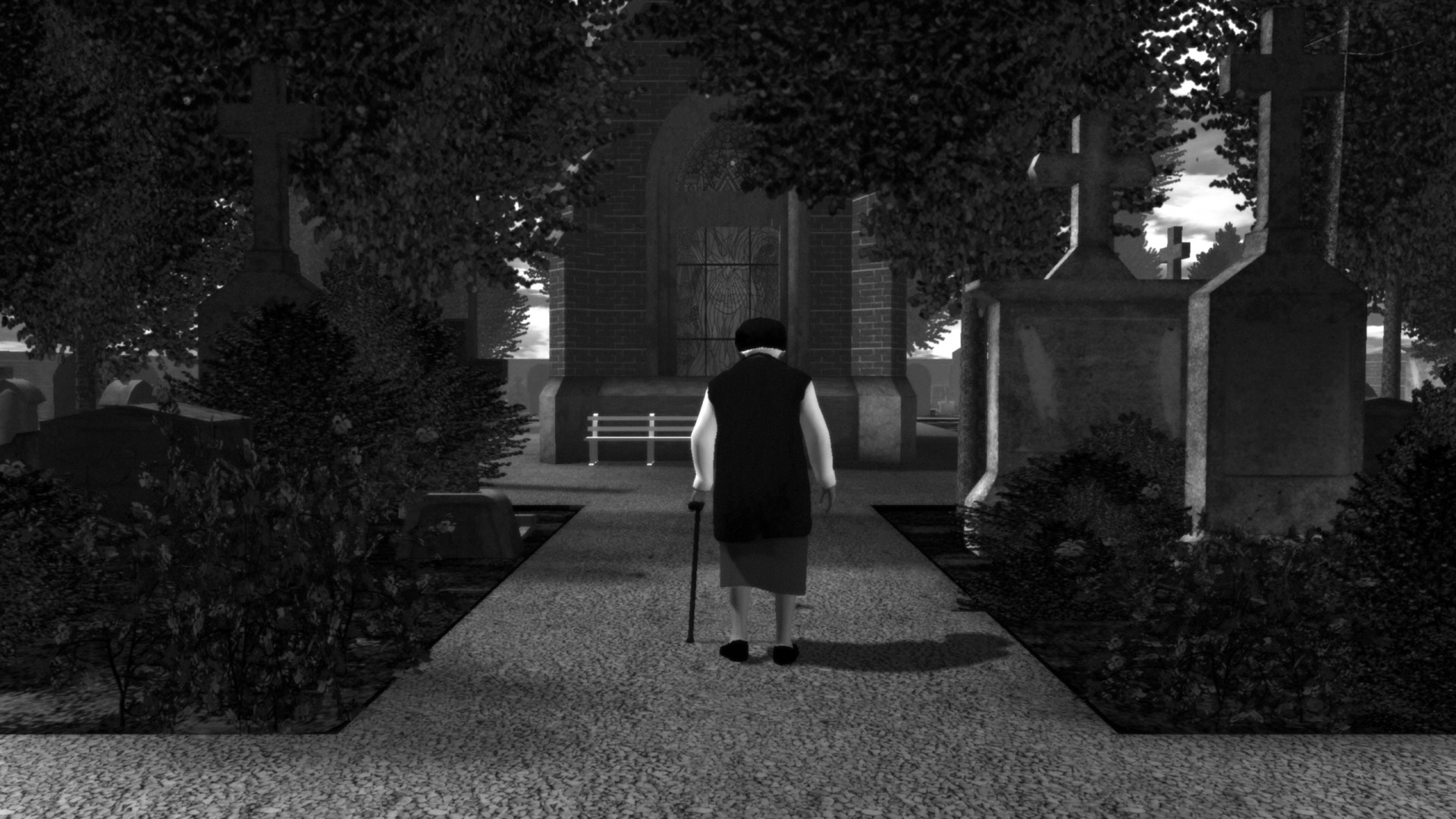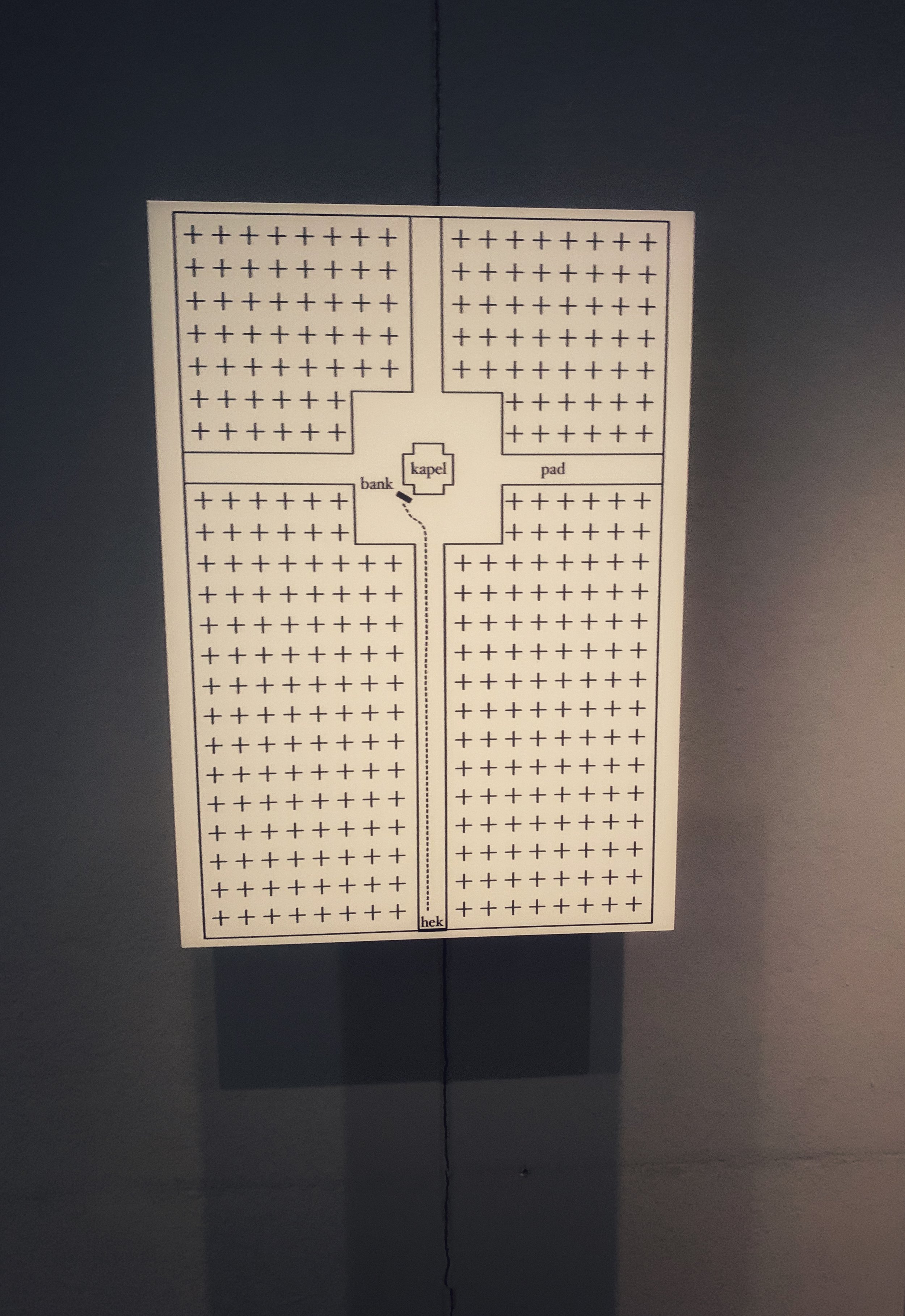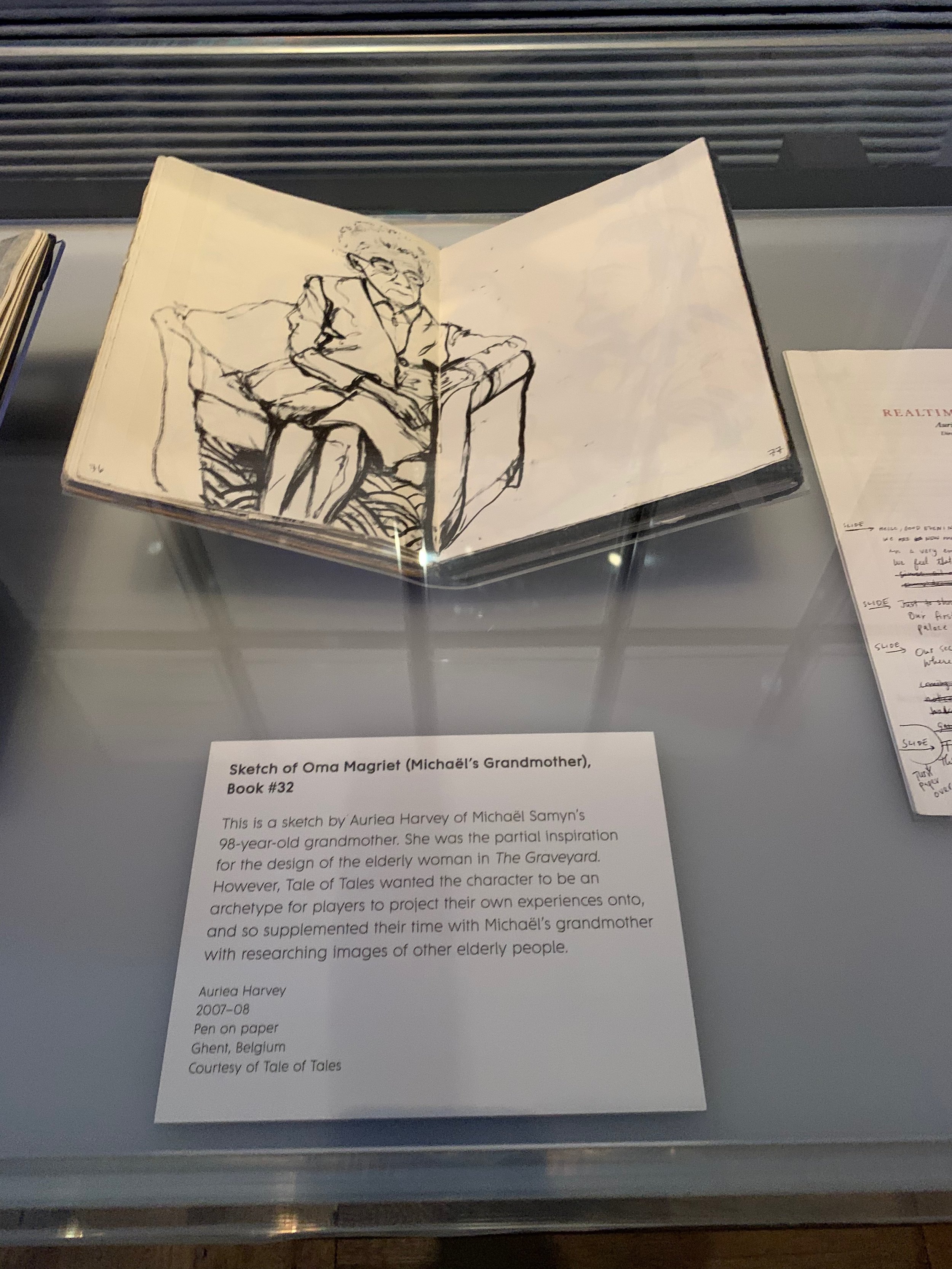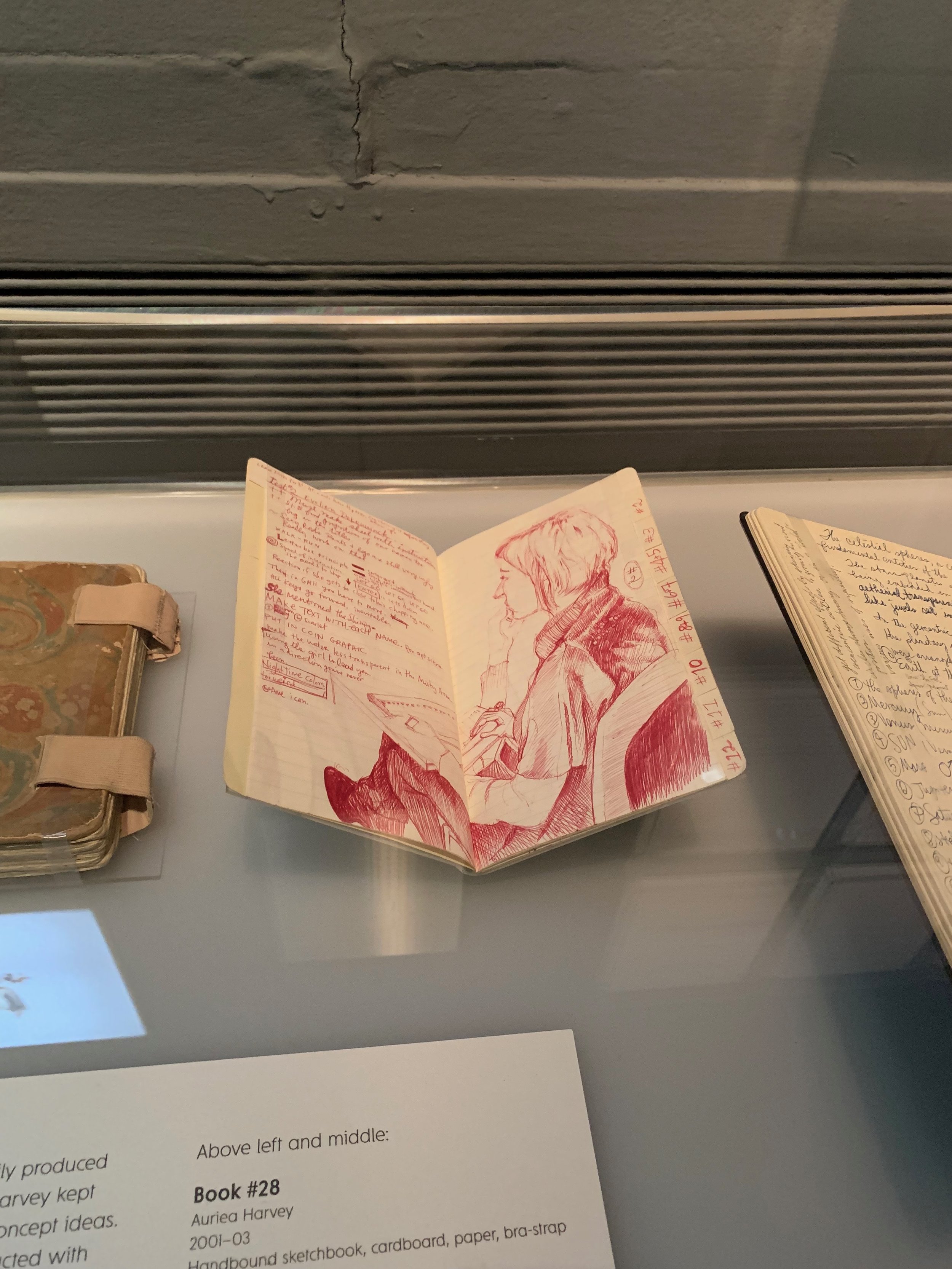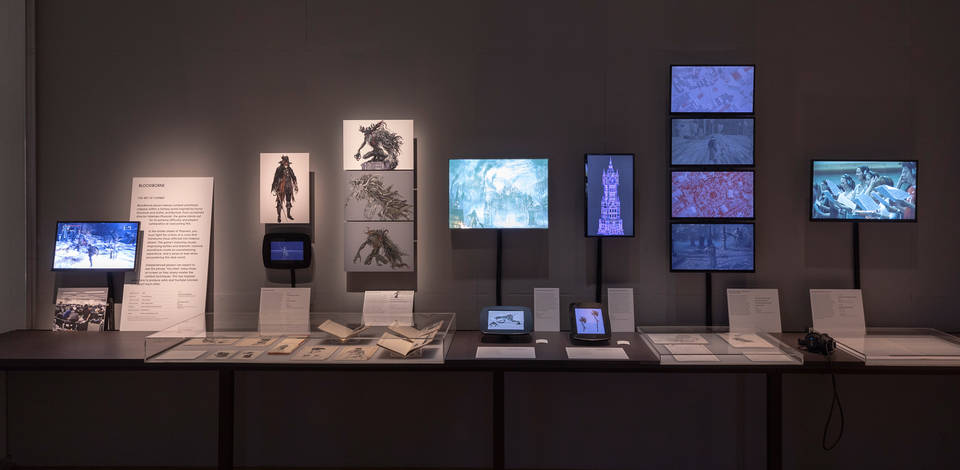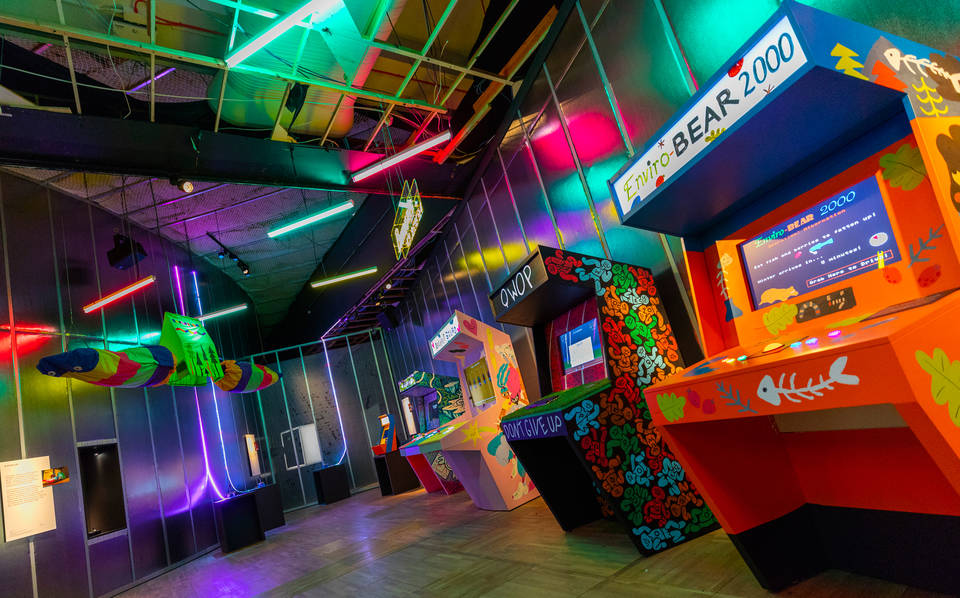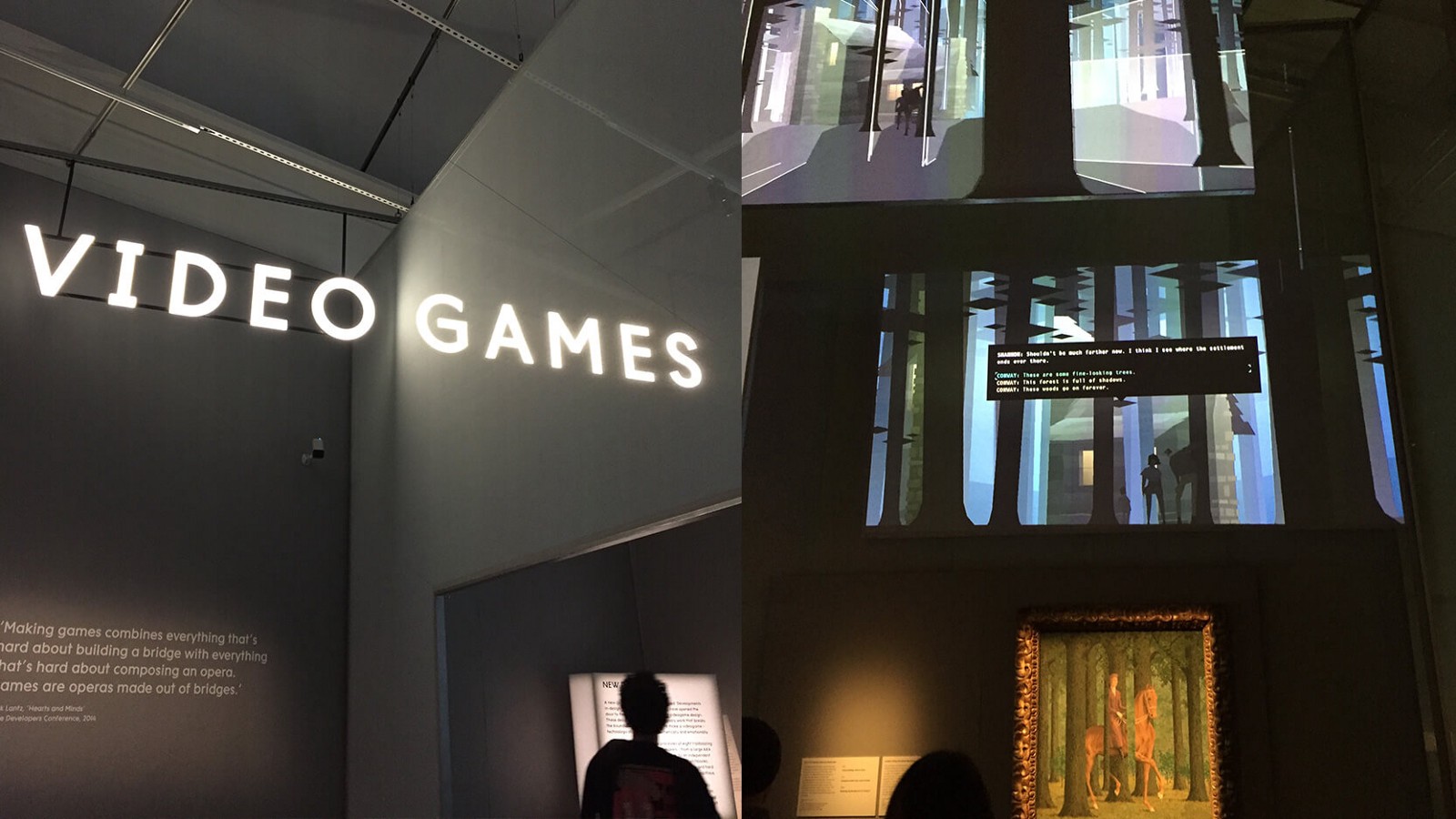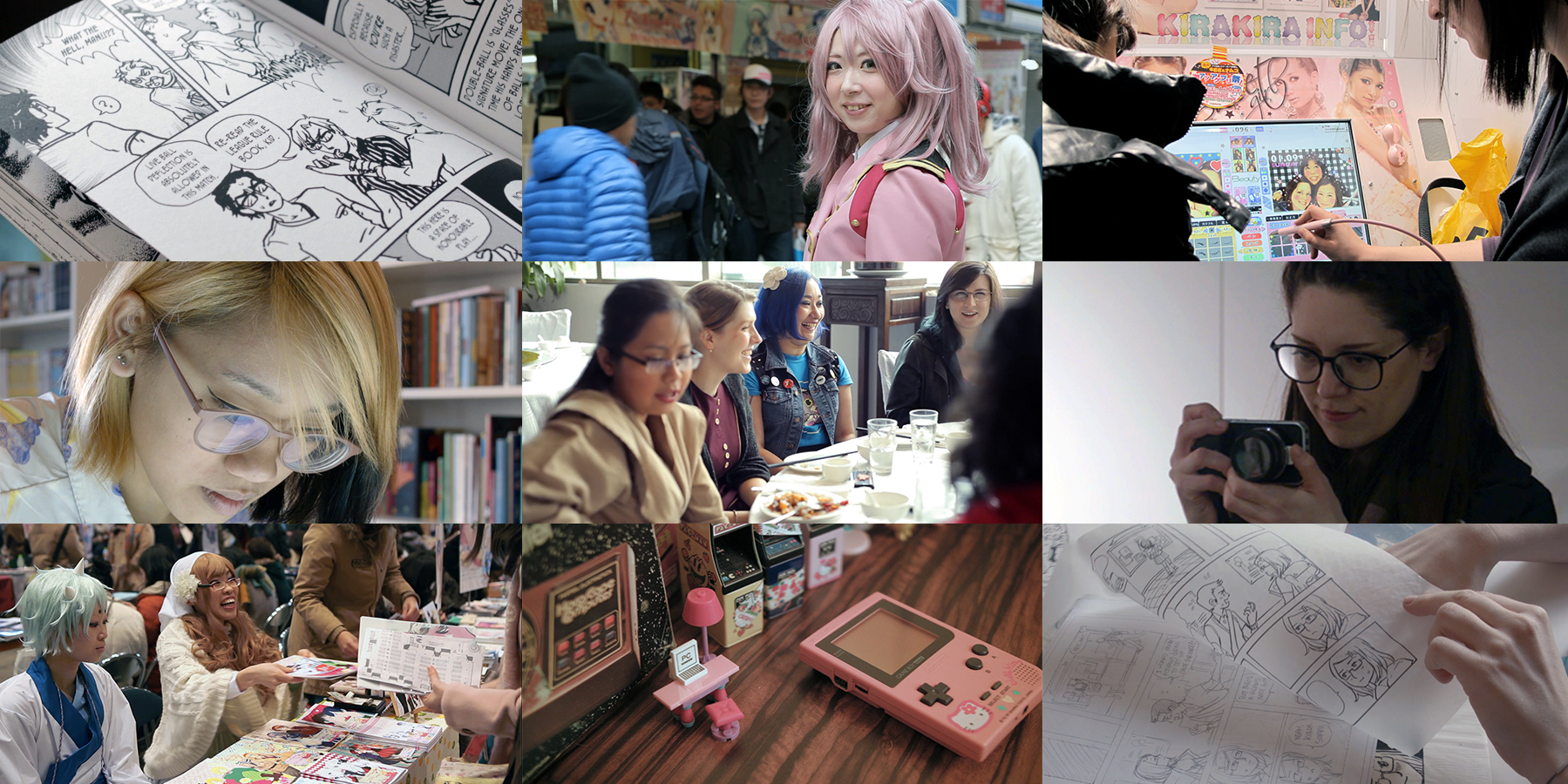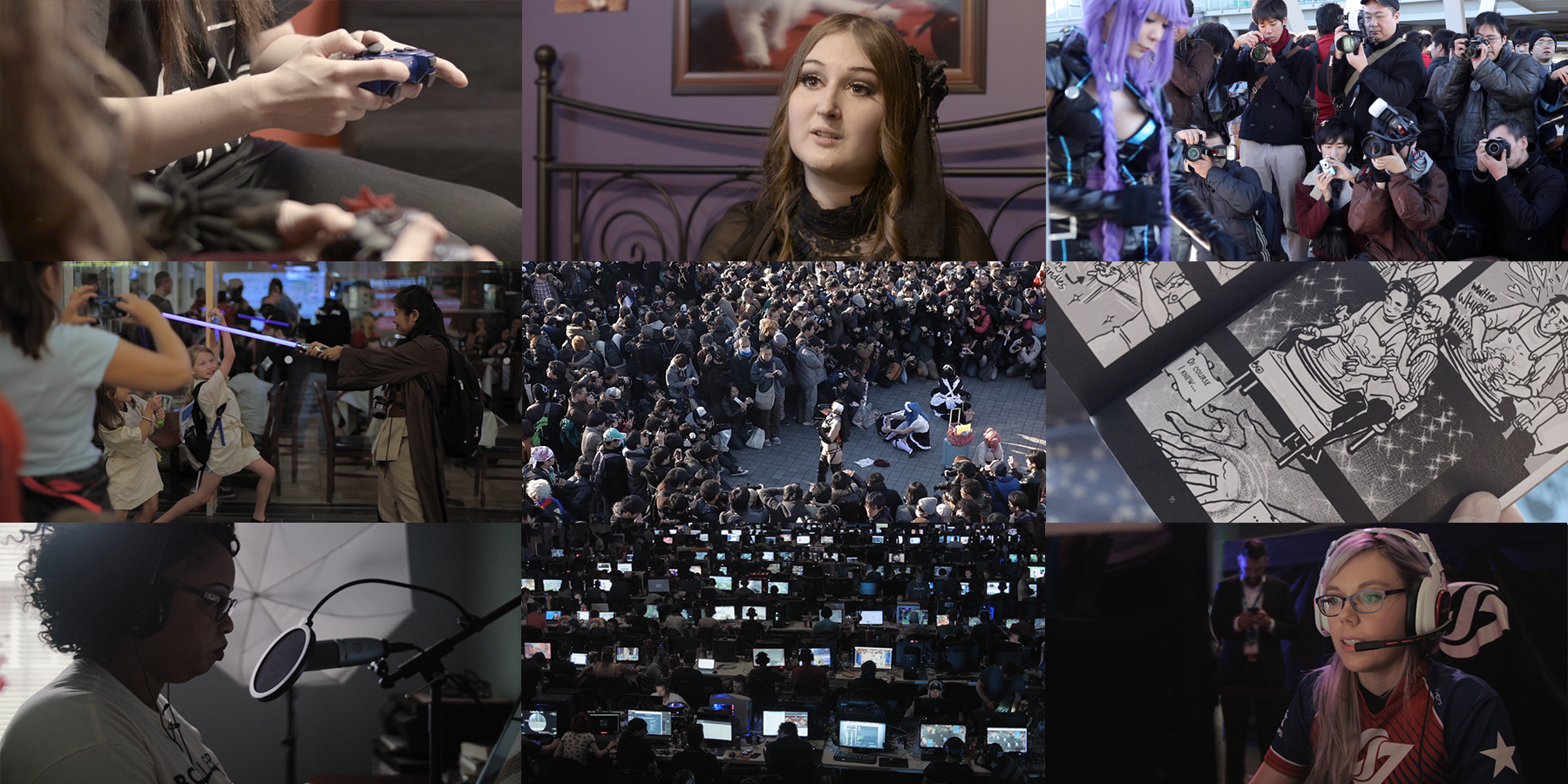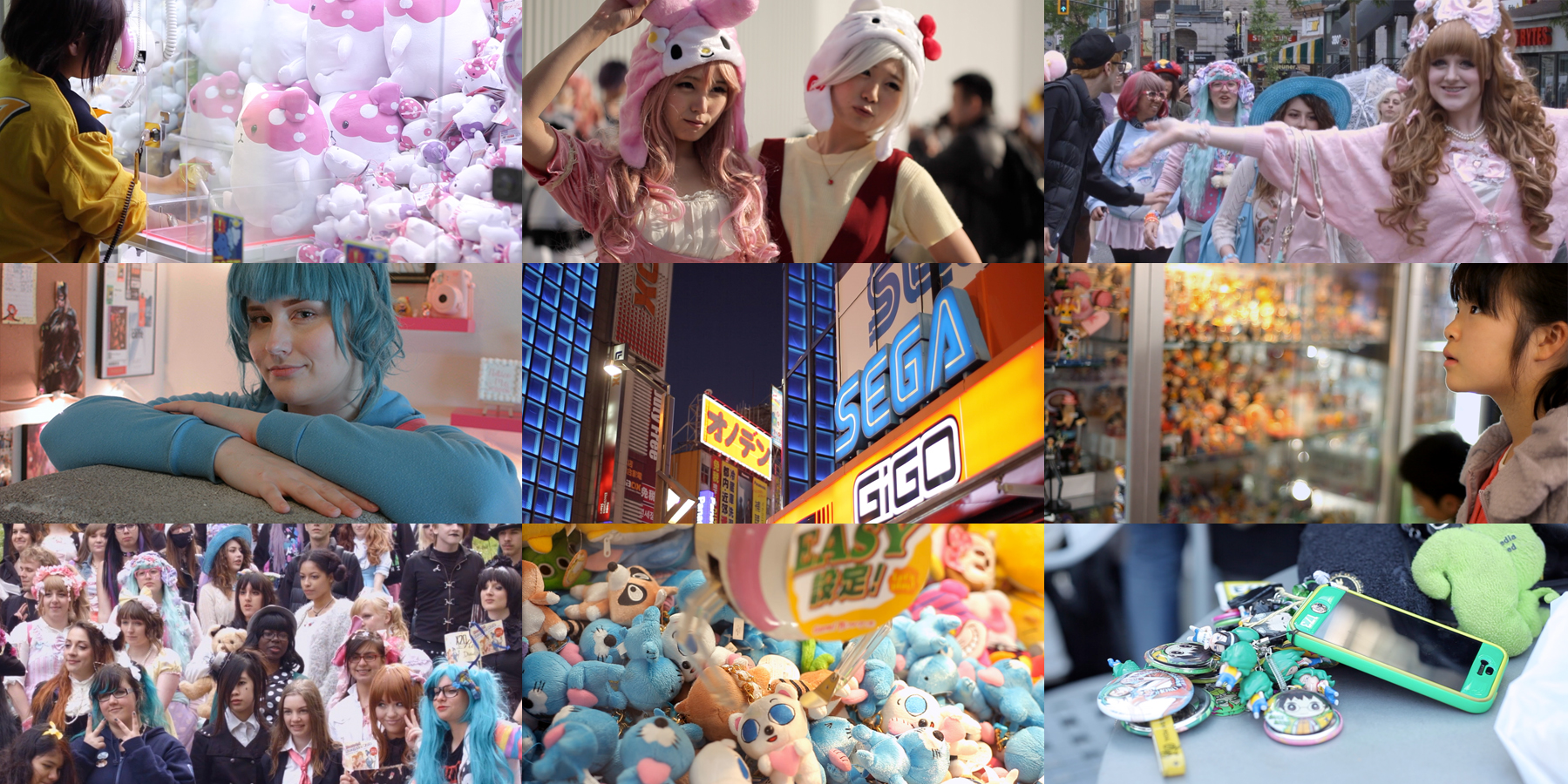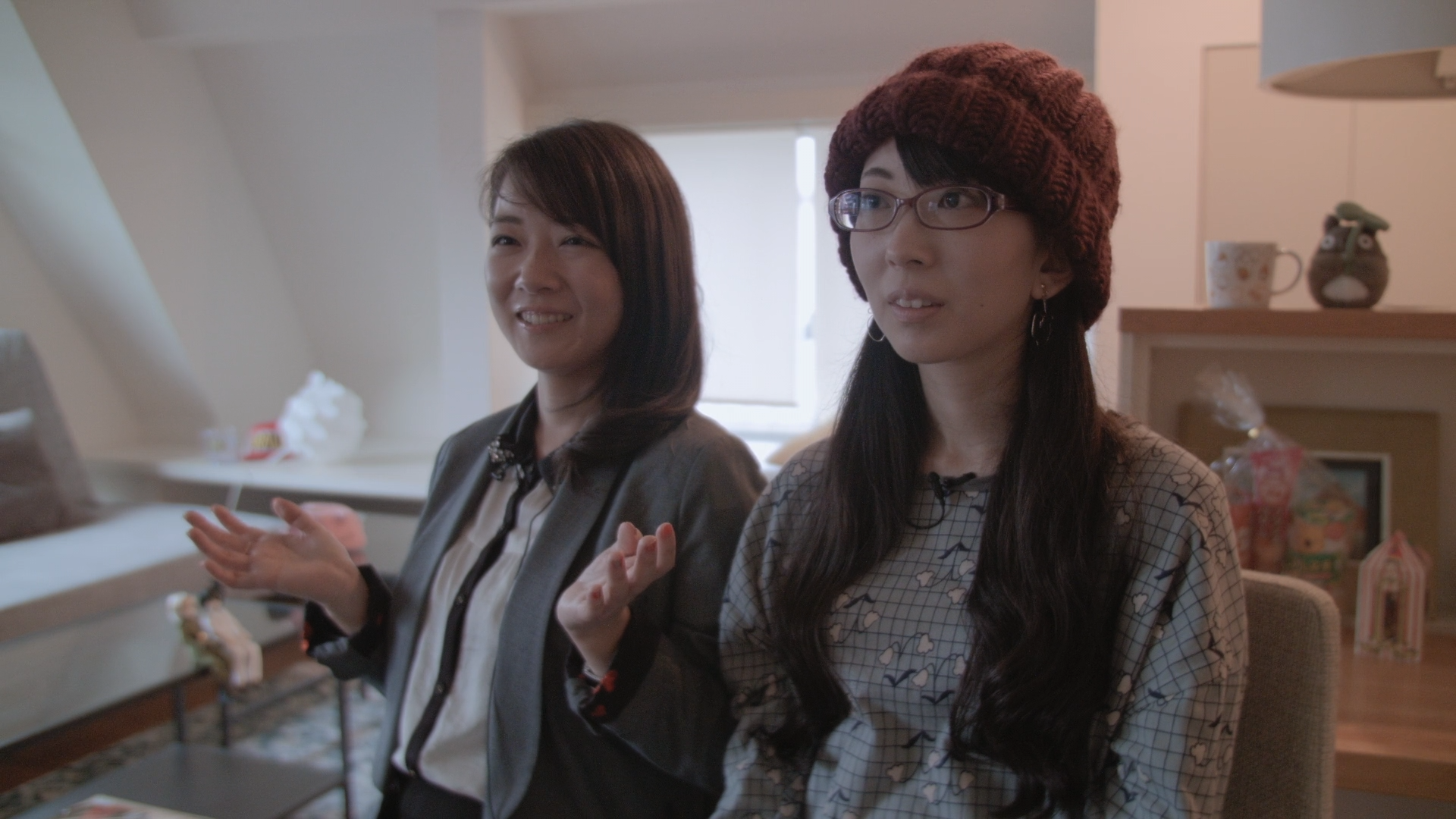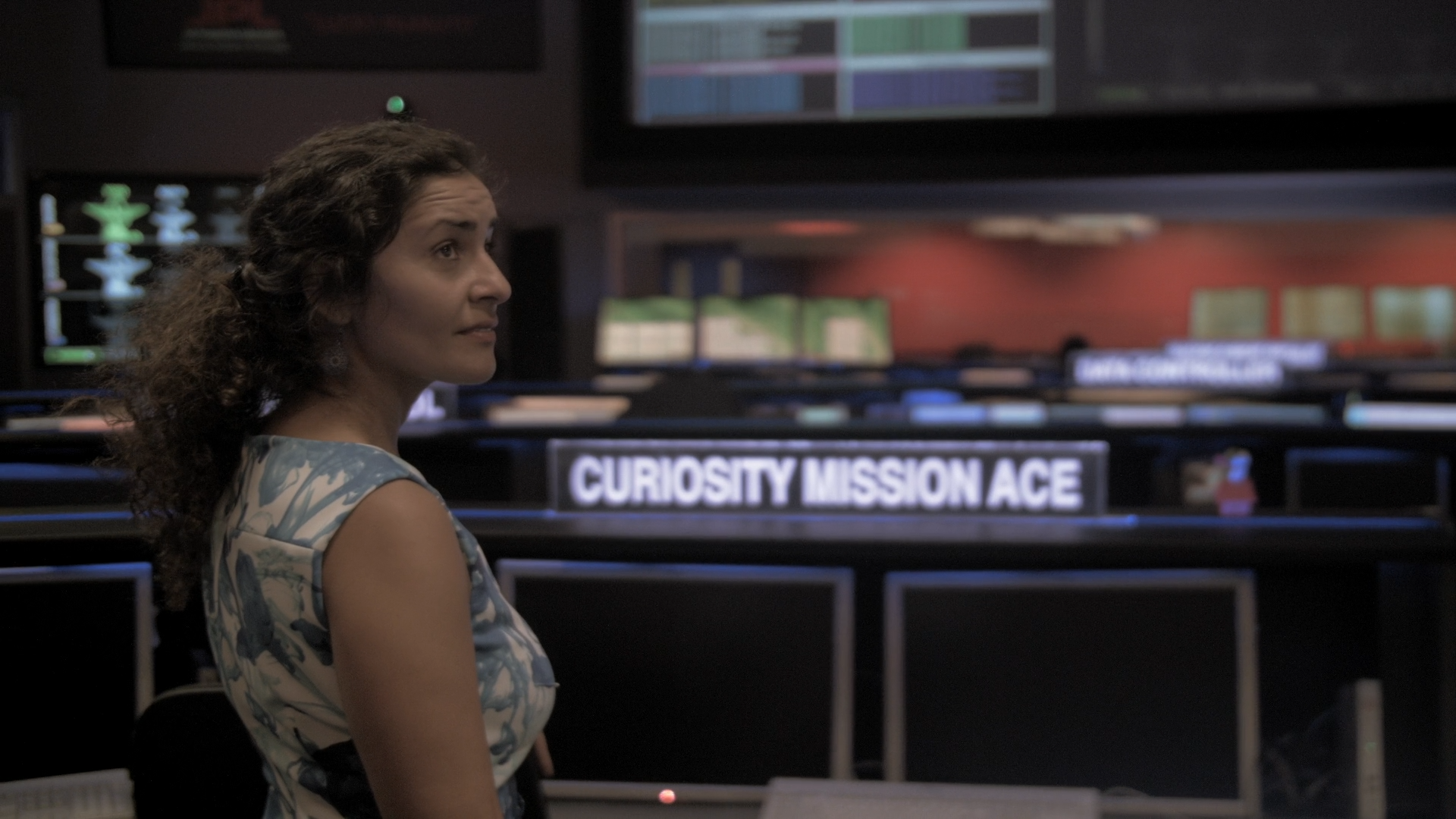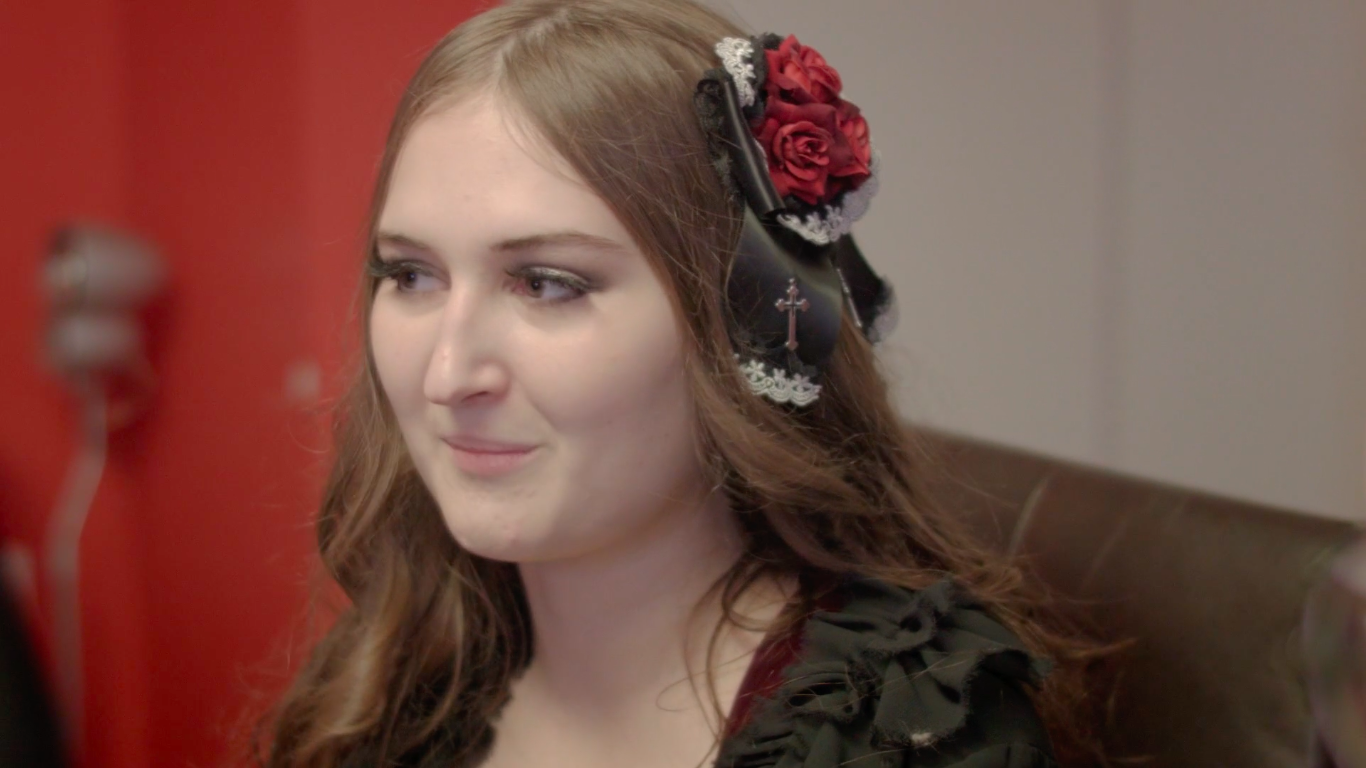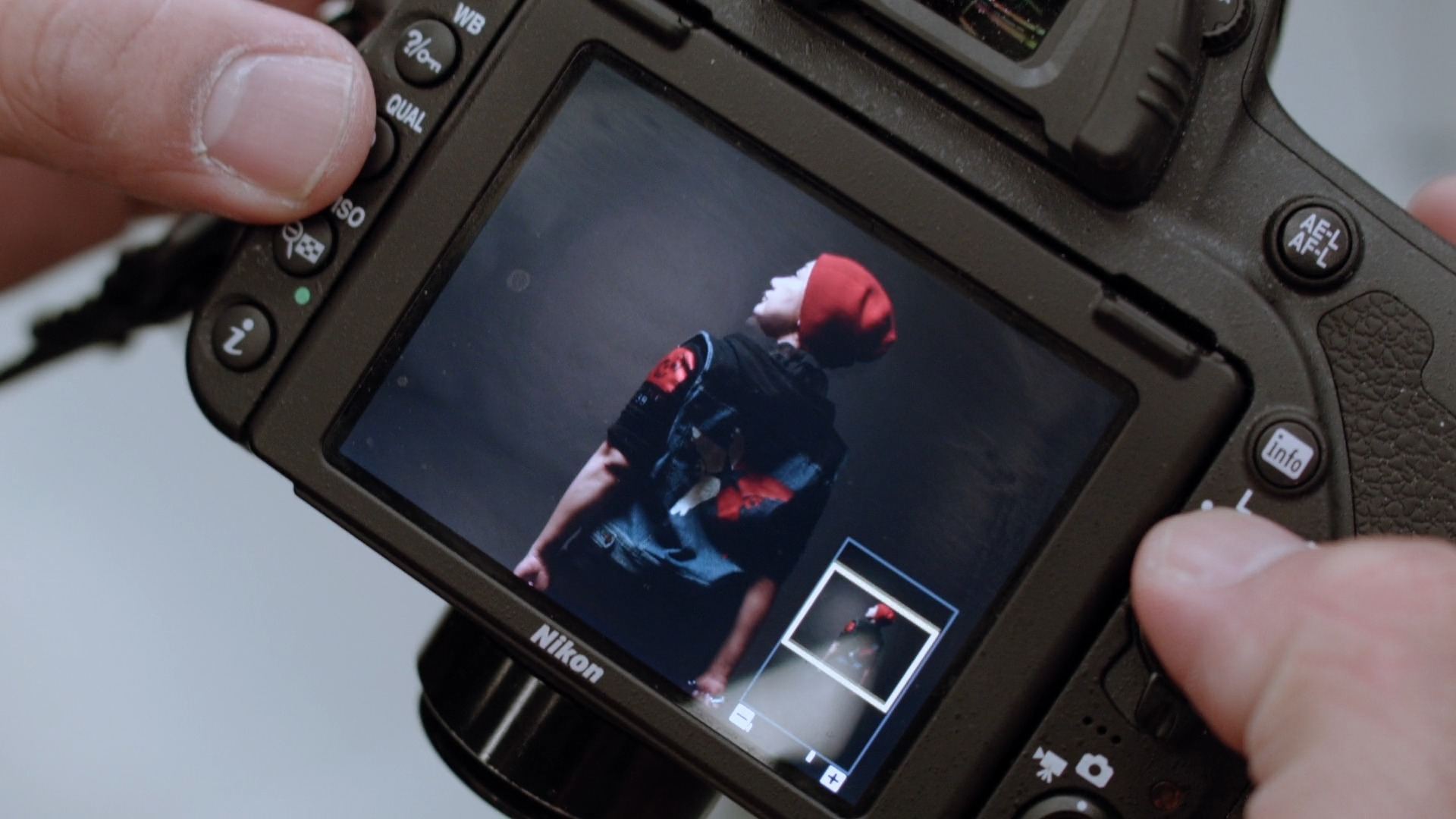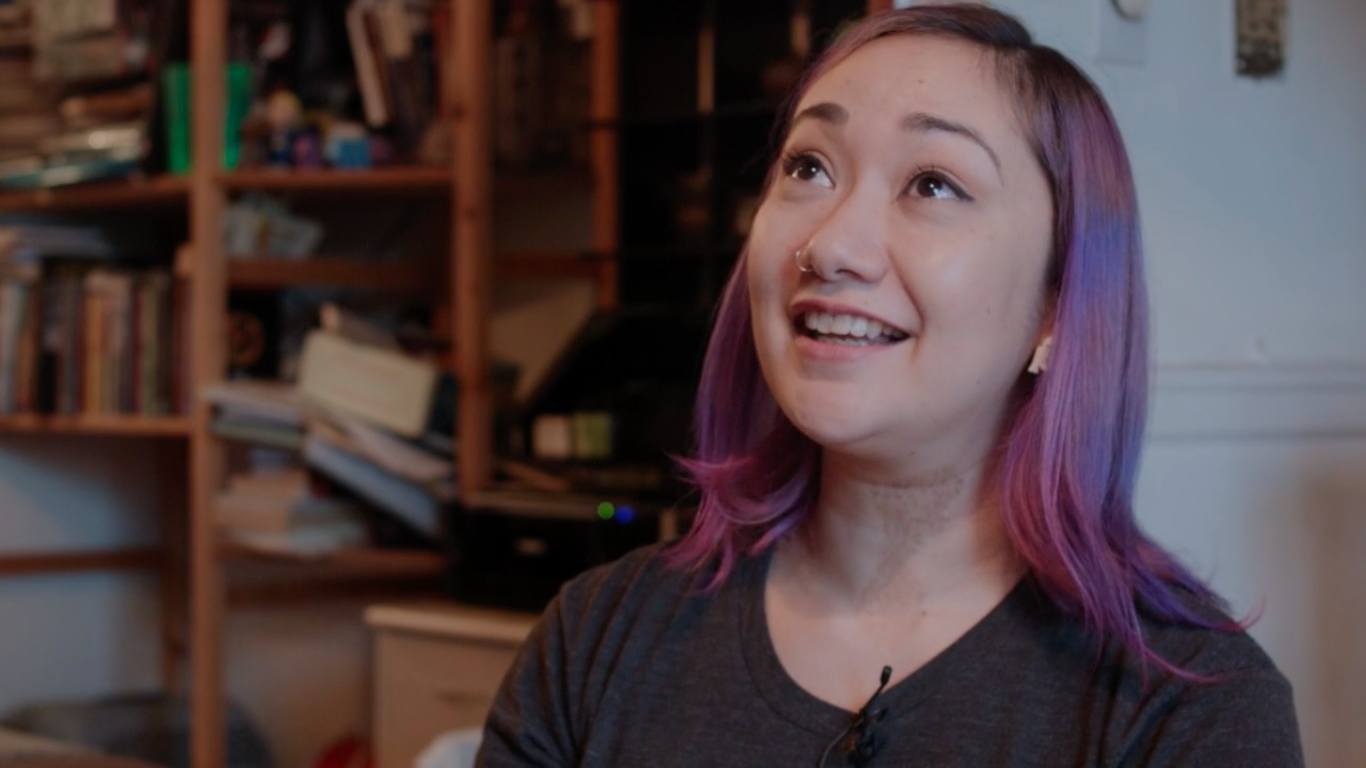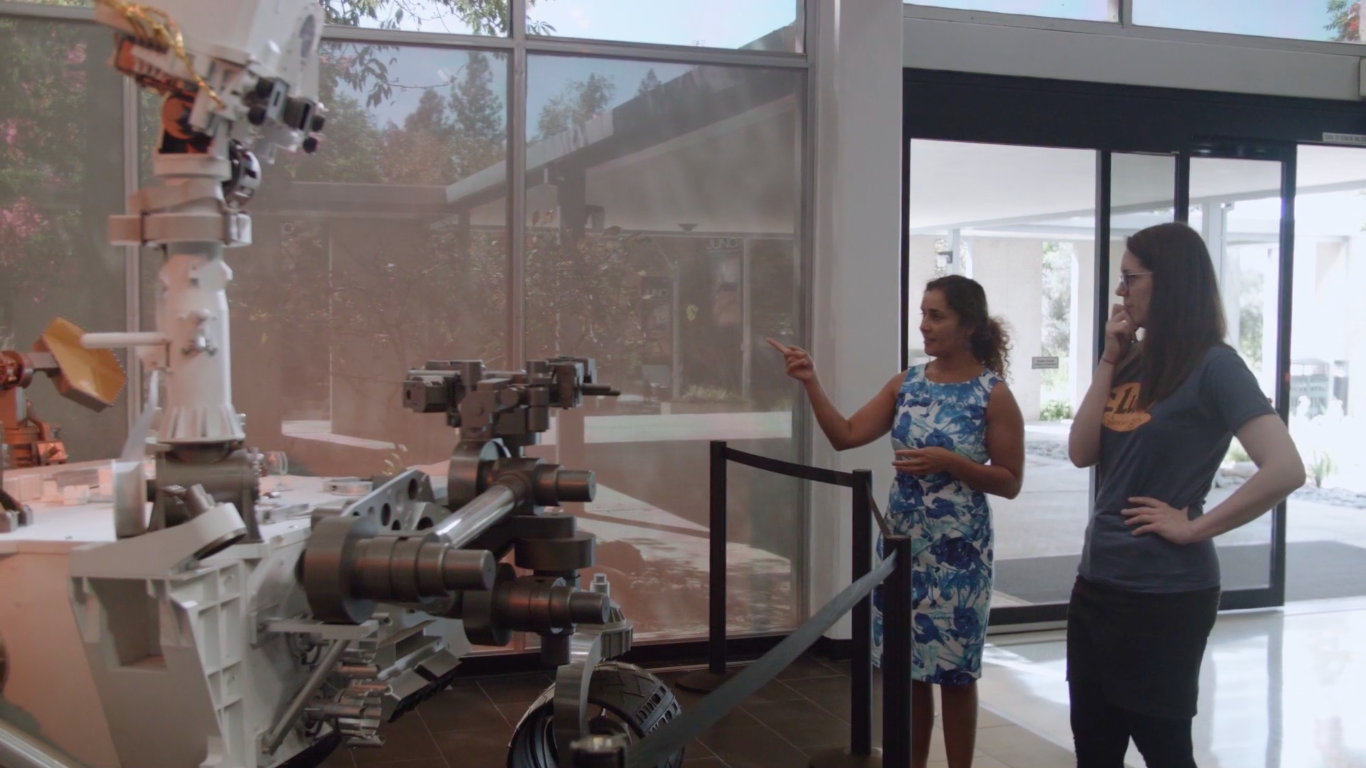NEWS
GAME TALK #1: JAKE ELLIOTT AND TAMAS KEMENCZY (FEBRUARY 27 2019)
COLL.EO
JAKE ELLIOTT & TAMAS KEMENCZY
HOW TO GET LOST IN A CAVE
February 27 2019, 18:00 - 19:00
Aula 135 (IULM 1)
Università IULM
Via Carlo Bo, 1
20143 Milano
Free and open to the public, Please RVSP
The presentation is in English
Indie studio Cardboard Computer drew up a simple outline for their magical realist adventure game Kentucky Route Zero, but over the nearly 8-year development process they found themselves lost in a twisty maze of passages, all different. In this conversation about Kentucky Route Zero , Cardboard Computer co-founders Jake Elliott and Tamas Kemenczy will lead a guided tour back through these electronic tunnels and nocturnal highways, paying special attention to the little detours and dead-end tunnels.
Jake Elliott is co-founder of Cardboard Computer, where he is a writer, programmer, and designer on the game Kentucky Route Zero. His work is characterized by playful text, reflective pacing, and human-scale drama. He has taught videogame design, programming, and experimental animation at The School of the Art Institute of Chicago, DePaul University and Northwestern University. He lives in central Kentucky.
Tamas Kemenczy is co-founder and one-third of Cardboard Computer, an award-winning studio known for Kentucky Route Zero, where he does game design, visual art and graphics programming. His visual work on the game has received awards from both Independent Game Festival and IndieCade, and has been shown at the Art Institute of Chicago, Victoria & Albert Museum, Museum of Pop Culture (EMP), and The Museum of the Moving Image in New York. His visual art takes an art-historical approach, calling back to early video hardware and computer graphics efforts by artist-programmers. He has a BFA from the School of the Art Institute of Chicago, where he studied new media and art games.
LINK: RSVP
JAKE ELLIOTT & TAMAS KEMENCZY
HOW TO GET LOST IN A CAVE
Mercoledì 27 febbraio 2019, 18:00 - 19:00
Aula Seminari
Università IULM
Via Carlo Bo, 1
2014 Milano
Aperto al pubblico, evento gratuito, registrazione necessaria
La presentazione è in lingua inglese
Oltre otto anni fa, un piccolo studio indipendente nordamericano elabora uno schema relativamente lineare per sviluppare Kentucky Route Zero. Ma il processo di design di un gioco inzuppato di realismo magico si dimostra molto più tortuoso del previsto. In questo talk, gli autori Jake Elliott e Tamas Kemenczy ci accompagnano in un viaggio avventuroso tra caverne virtuali e autostrade digitali, prestando particolare attenzione a bivi, deviazioni impreviste e tunnel senza uscita.
Cofondatore di Cardboard Computer, Jake Elliott è autore, programmatore e designer di Kentucky Route Zero. La sua pratica autoriale è caratterizzata da uno spiccato interesse per i testi ludici, la stimolazione riflessiva e il dramma interpersonale. Ha insegnato game design, programmazione e animazione sperimentale presso la School of the Art Institute di Chicago, la DePaul University e la Northwestern University. Vive nel Kentucky.
Cofondatore di Cardboard Computer, il pluripremiato ensemble responsabile di Kentucky Route Zero, Tamas Kemenczy si occupa di game design, arti visive e grafica. Ha ricevuto riconoscimenti dai più importanti festival di arte videoludica, tra cui l’Independent Game Festival e IndieCade. Le sue opere sono state presentate all'Art Institute of Chicago, al Victoria & Albert Museum, al Museum of Pop Culture (EMP) e al Museum of the Moving Image di New York. Il suo approccio storico-artistico riprende e rielabora le esperienze di artisti-programmatori pionieristici. Ha ricevuto un BFA dalla School of the Art Institute di Chicago, dove ha studiato nuovi media e videogiochi artistici.
LINK: RSVP
PHOTOS: BEN BABBITT'S SOUND DESIGN WORKSHOP AT IULM UNIVERSITY
COLL.EO
On February 15 2019, Ben Babbitt shared his insights on sound design in a compelling lecture open to the general public.
The talk was followed by a hands-on workshop.
It looked like this:
Ben Babbitt is an artist and musician based in Los Angeles. Since 2013, he has provided the music and sound design for the award-winning episodic videogame Kentucky Route Zero, and recently completed the score to Amanda Kramer’s debut feature film Paris Window. As one third of the game studio Cardboard Computer, his work has been exhibited at the V&A Museum in London, the Museum of the Moving Image in NYC, the EMP Museum in Seattle, and the Art Institute of Chicago. His approach to composition and sound design embraces both naturalistic acoustic sound sources and heavily processed digital synthesis as the two ends of a spectrum of possibility.
NEWS: CARDBOARD COMPUTER AND TALE OF TALES CONQUER LONDON
COLL.EO
Cardboard Computer and Tale of Tales’s artworks are currently on display at the Victoria & Albert Museum in London.
Kentucky Route Zero and The Graveyard took center stage at one of the most remarkable exhibitions about video games ever staged. Curated by Marie Foulston, Videogames: Design/Play/Disrupt celebrates the art, culture, and aesthetics of video games. Professors Jake Elliott (GAME WRITING), Tamas Kemenczy (GAME ART), and Ben Babbitt’s (GAME SOUND) Kentucky Route Zero occupies the second room, DESIGN, next to Auriea Harvey (GAME LAB) and Michael Samyn’s (GAME CRITIQUE) The Graveyard, alongside their REALTIME ART MANIFESTO.
This section showcases rarely seen design materials from the desks and hard drives of leading designers sit alongside specially commissioned multimedia installations that provide new perspectives and insights into the craftsmanship and inspiration behind a selection of groundbreaking contemporary videogames.
Videogames: Design/Play/Disrupt will remain open until February 24 2019.
Cardboard Computer at Videogames: Design/Play/Disrupt, 2019.
Tale of Tales at Videogames: Design/Play/Disrupt, 2019.
Below are additional installation shots from the show, courtesy of the Victoria and Albert Museum, London:
Videogames: Design/Play/Disrupt. © Victoria and Albert Museum, London
